Shows
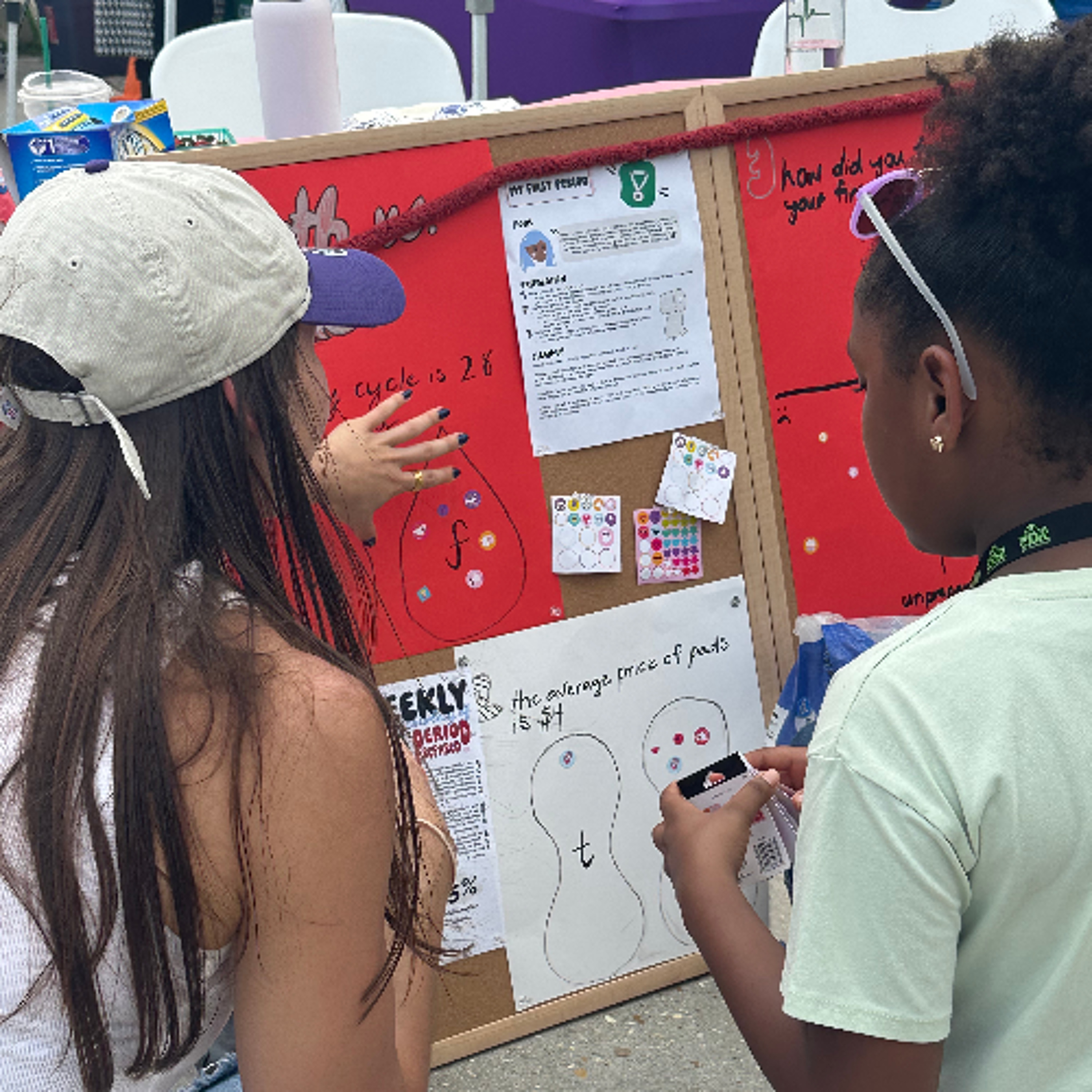
SciencelineThese advocates are addressing the gap in your sex educationHannah Chiu might only be a medical student at Tulane University, but she is using her platform to make sure young menstruators know everything from how to use a tampon to birth control options.
With only 29 states mandating any form of sex education, Chiu joins the many people around the country looking to teach about menstrual periods, a topic that is not federally required to be taught in sex education curricula and often goes overlooked.
From Trish Hutchinson taking up-and-coming doctors into the classroom, to Andrew Lupo, a pediatric gynecologist, teaching his patients firsthand, discover the ways menstruation education is...
2026-02-0508 min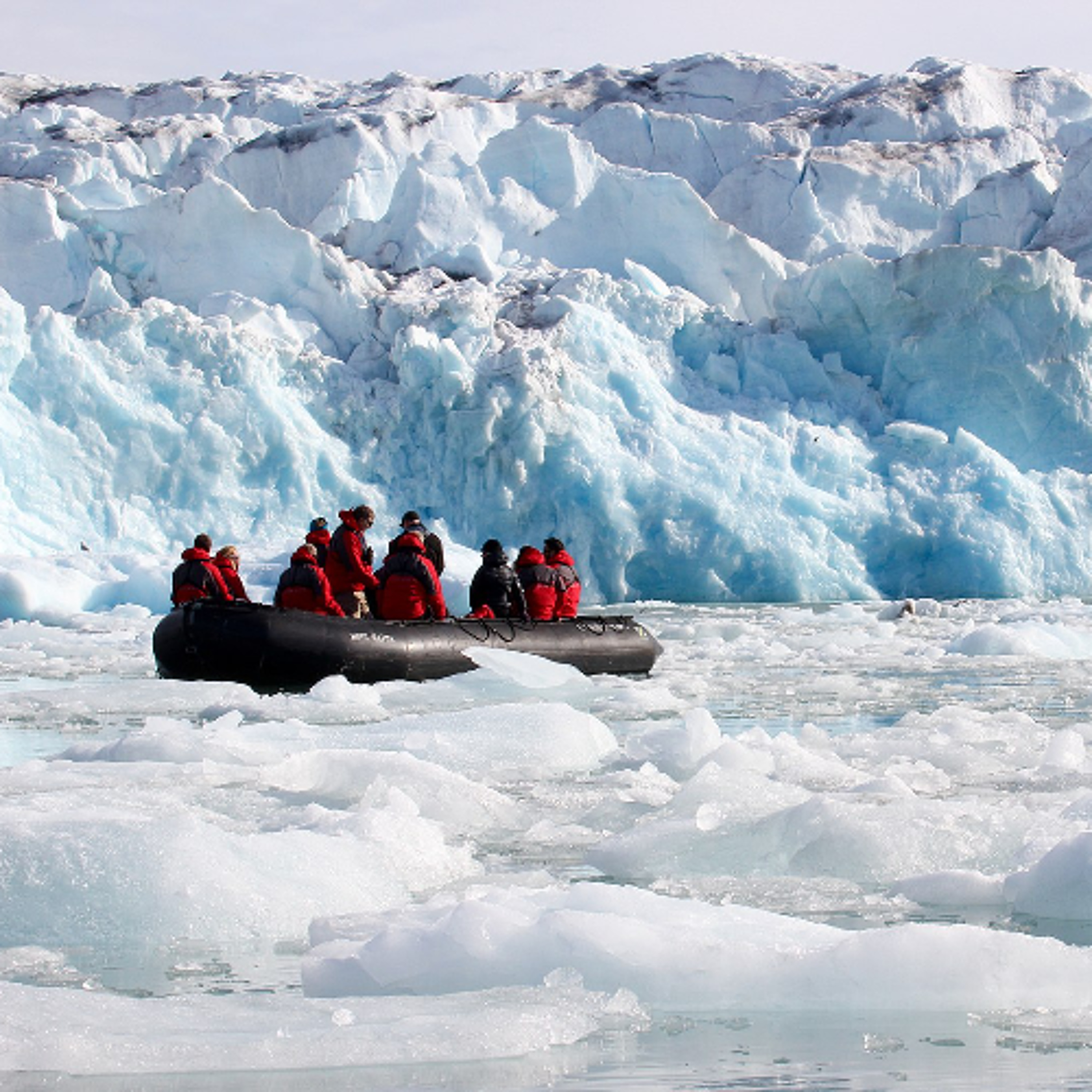
SciencelineIt’s a whale of a problem: Can we lower the volume from Arctic ships?Have you ever wanted to take a trip to the Arctic? Every year, tourists from around the world make their way to the region. But the ships carrying these tourists bring an invisible pollutant with them — one that’s impossible to see and impossible to ignore: noise.
How does this unseen phenomenon affect animals that call the Arctic home? And what role do even the most environmentally conscious travelers play in this story? Researchers and cruise industry officials are working to uncover the answers.
Join us as we dive into this noisy crisis and hear from the experts navigating its chal...
2025-01-1411 min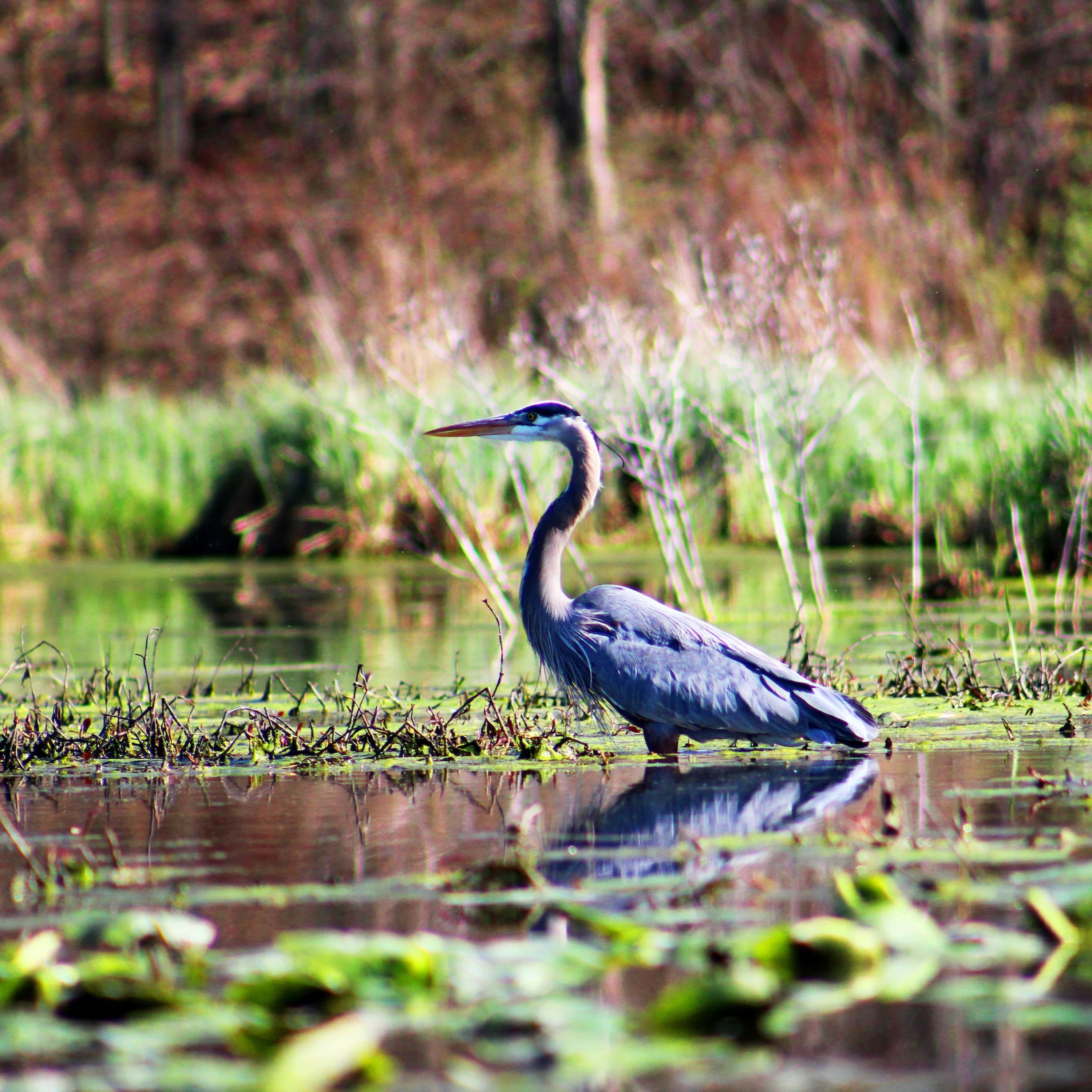
SciencelineWhen city rivers get wildIt’s no secret that rivers winding through major cities have been reshaped by human hands. Where wildlife and marshes once existed, gray sidewalks and bleak straight-lined tributaries have blossomed.
Now, some cities are implementing floating wetlands — native plant life on a body of biodegradable materials that bobs on top of the water — to address a budding desire to see animals and greenery return to their rivers.
In this podcast episode, Jenaye Johnson speaks with scientists and community members in Chicago about the Wild Mile — the city's biggest floating wetland to date. Join her as she winds down the Chicago River, ex...
2024-06-1311 min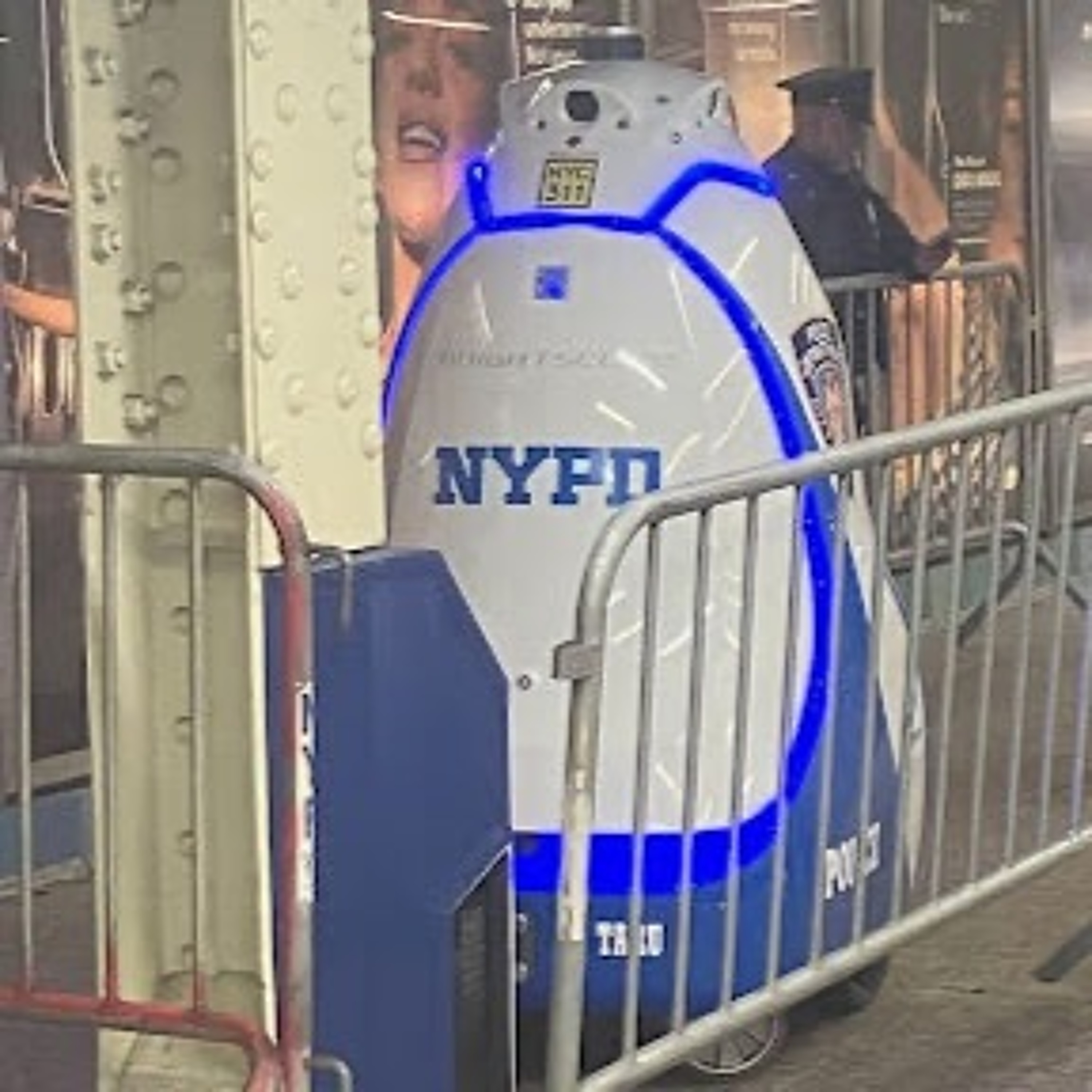
SciencelineWhat Was New York’s New Robocop?Meet the newest robotic police officer in town: the Knightscope K5. This “Robocop” completed a two month trial period in New York City’s Times Square subway station from September to November of 2023, recording video and monitoring the station. But despite city officials promising its safety, people were understandably nervous about a robotic police officer.
The robot’s trial period has ended and the K5 will not be re-entering the subway system, but it still serves as an important window to the future of robots integrating into our society.
In this podcast Kohava Mendelsohn talks to experts, does some research and even v...
2024-03-2811 min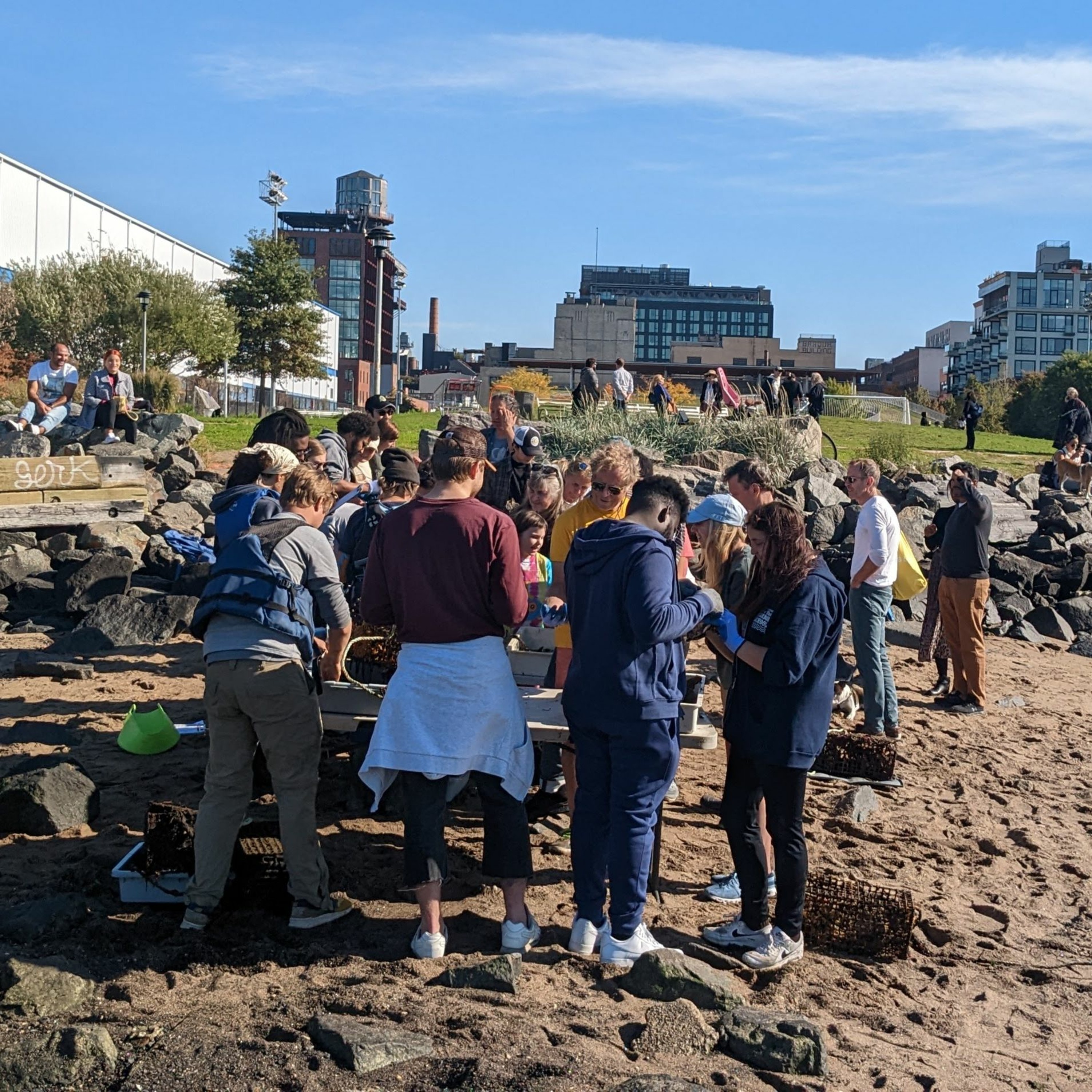
SciencelineRestoring New York Harbor with a billion oystersOysters have been a New York City culinary staple for centuries. Hundreds of years ago, when the Indigenous Lenape people lived in the region prior to European colonization, the harbor teemed with shellfish. But by the early 20th century, pollution, urban development and overharvesting erased nearly 350 square miles of oyster beds.
Fast forward to the present, and a nonprofit is now working to revive the once-mighty bivalve. The Billion Oyster Project started seeding the harbor with oysters in 2010 to improve water quality, increase marine biodiversity and boost shoreline protection. Its efforts have been successful: The group is on track to...
2023-02-1610 min
SciencelineOn the hunt for hidden damsWhen you imagine a dam, what comes to mind? Maybe it’s the hulking concrete wall of the Hoover Dam on the Colorado River or the Grand Coulee on the Columbia. Large barriers on large rivers, looming large on the horizon.
But colossal structures like these make up only a fraction of the dams that chop up waterways across the United States. The nation’s rivers, streams and brooks are full of smaller dams — many of which aren’t monitored at the state or national level. And even though they’re small, these barriers can alter aquatic habitats and cause trouble fo...
2023-02-0910 min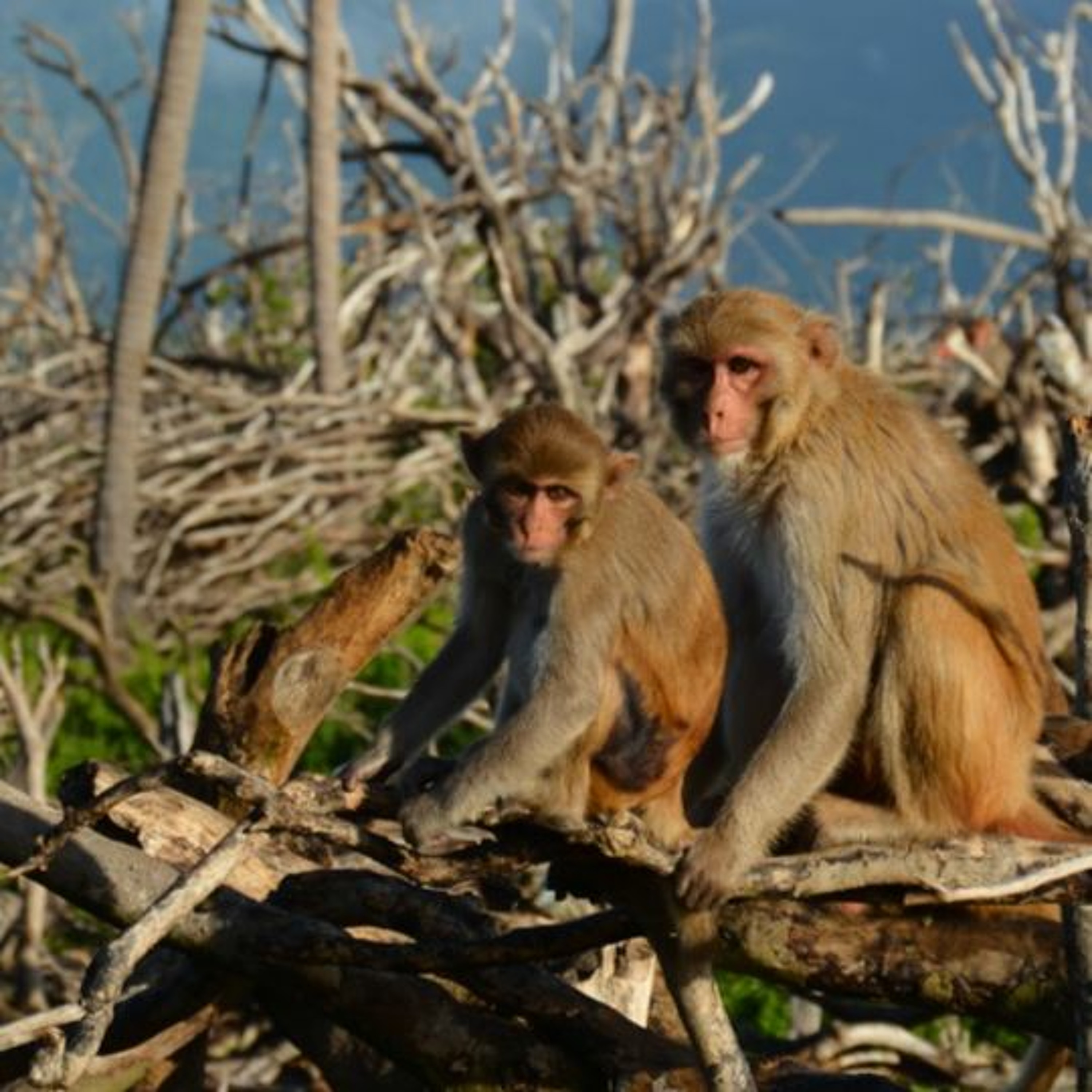
SciencelineTracking hurricane-induced aging in our genetic primate relativesGrowing up in Houston, Marina Watowich was no stranger to hurricane seasons. This familiarity now drives Watowich’s research in genomics, where she seeks to understand how the environment affects the aging process. She isn’t studying aging in humans — but in a unique population of monkeys in Puerto Rico.
These monkeys live on an isolated island off Puerto Rico and give researchers unique access and insights into monkey genetics. In 2017, Hurricane Maria walloped Puerto Rico and tore down trees on the island where the monkeys live. After the storm, Watowich and colleagues discovered the primate survivors aged rapidly, findings that h...
2022-08-2211 min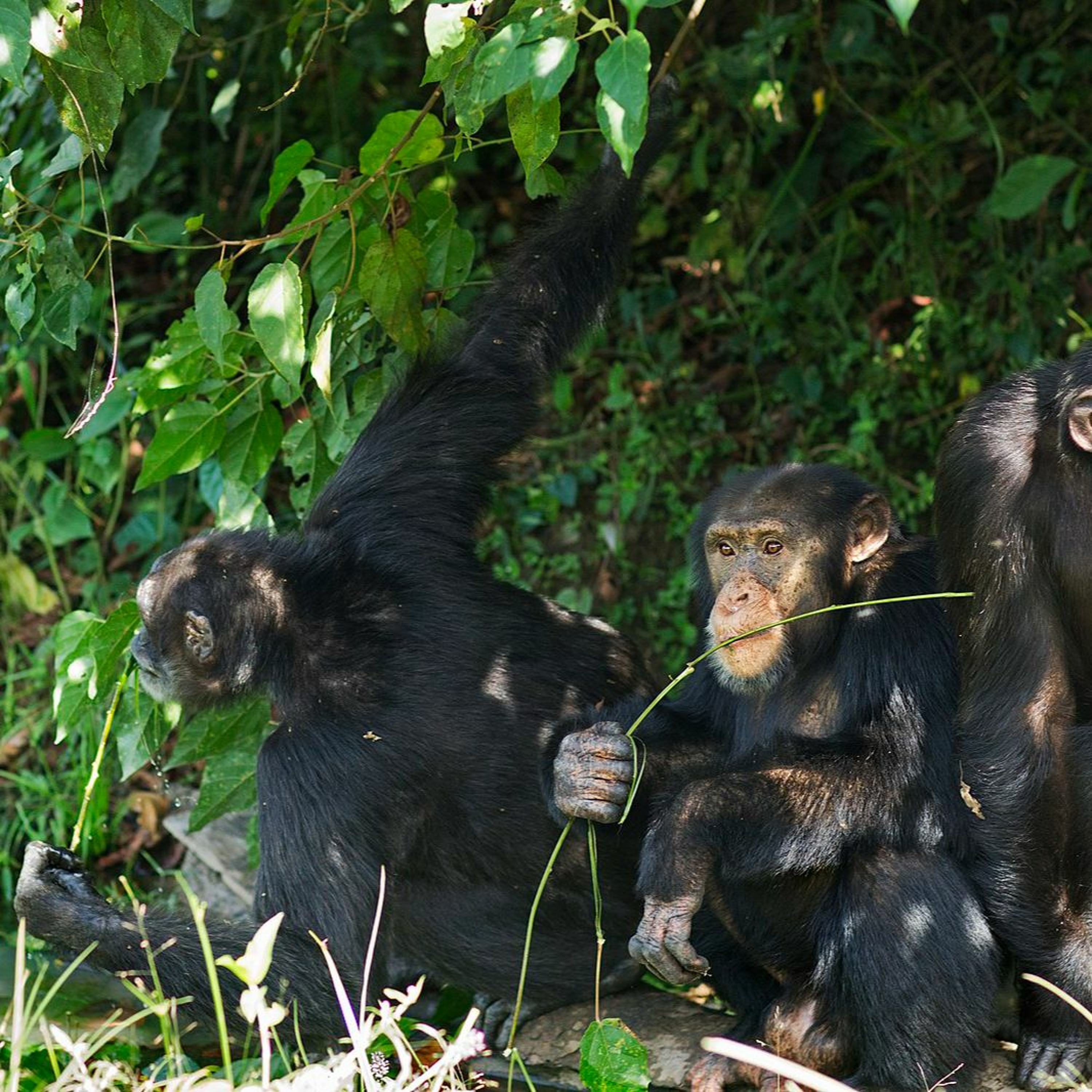
SciencelineYet another road to this great ape’s extinctionChimpanzees are nearing extinction in many countries. Of the four subspecies of these great apes, western chimpanzees are the most endangered. Experts estimate that their distribution is now extremely patchy, with 80% of their numbers having declined in the last 20 years. The largest-remaining population is found in the Ivory Coast in Western Africa, with smaller populations in Guinea, Sierra Leone, Nigeria, Guinea-Bissau and Liberia.
Poaching and habitat loss are some of the well-known threats to chimpanzees. But a study published last September finds that road developments are exacerbating their population decline. Noise pollution emanating from the construction of roads and poachers g...
2022-04-0807 min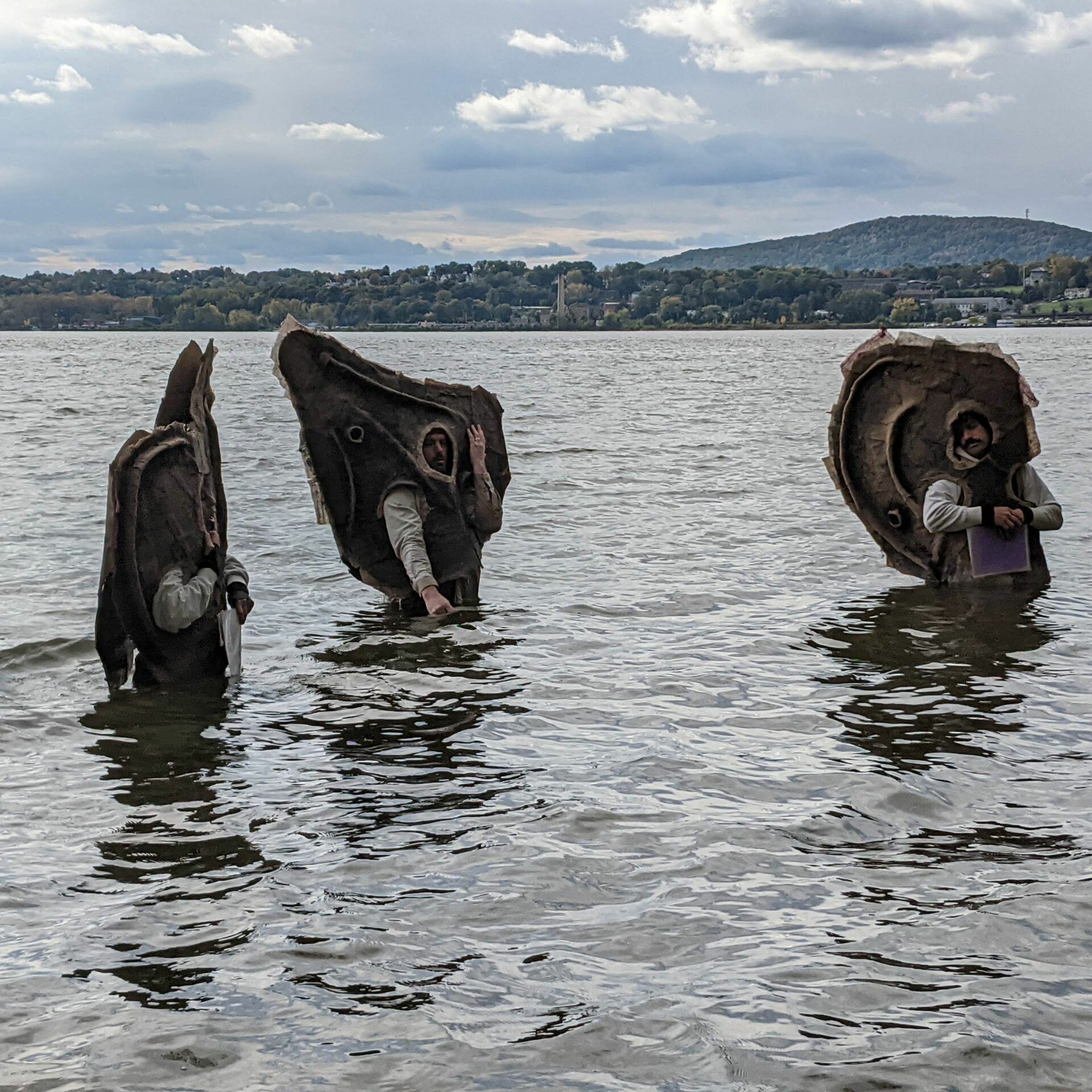
SciencelineClimate change on the global stageThinking about climate change can be overwhelming, even paralyzing. Attempting to solve this global crisis will take enormous efforts by politicians, companies and local leaders to reverse the negative effects on our planet.
On this global stage, where can artistic expression fit into our response and communication efforts? Enter climate change theater — an effort by playwrights, educators and scientists to spread information and awareness about the impacts of human behavior on the environment. While filled with serious themes of melting ice caps and polluted waterways, these plays also offer hope for a positive future.
Join Scienceline reporter Hannah Loss on a t...
2022-03-0808 min
SciencelineDo stutterers always stutter? Not reallyWhat do Tiger Woods, Michelle Williams and President Joe Biden all have in common? Like around 3 million people in the United States, they are all people who stutter.
Stuttering commonly develops around childhood and most people stop stuttering by the time they reach adulthood. However, stuttering persists for some adults and researchers haven’t been able to figure out why. But findings from a recent study may get them one step closer to finding out: Adults don’t stutter when they talk alone.
Join Scienceline reporter Kharishar Kahfi as he learns more about the communication disorder and what the new disc...
2022-03-0307 min
SciencelineWhat we gain by exercising togetherThe Central Park Running Club meets on Tuesdays and Thursdays at 6:30 in the morning. Not much stops them from starting their days together with an early morning jaunt through the park — not cold, not rain and not even January’s big snowstorm.
What’s so special about exercising together that it gets these intrepid Central Park runners out of bed and onto the road each week? In this episode of the Scienceline podcast, Emily talks to runners, a neuroscientist and a health psychologist to find out.
Find more information at Scienceline.org: https://scienceline.org/2022/02/what-we-gain-by-exercising-together/
Music:
Springtime After a Long Wint...
2022-02-2208 min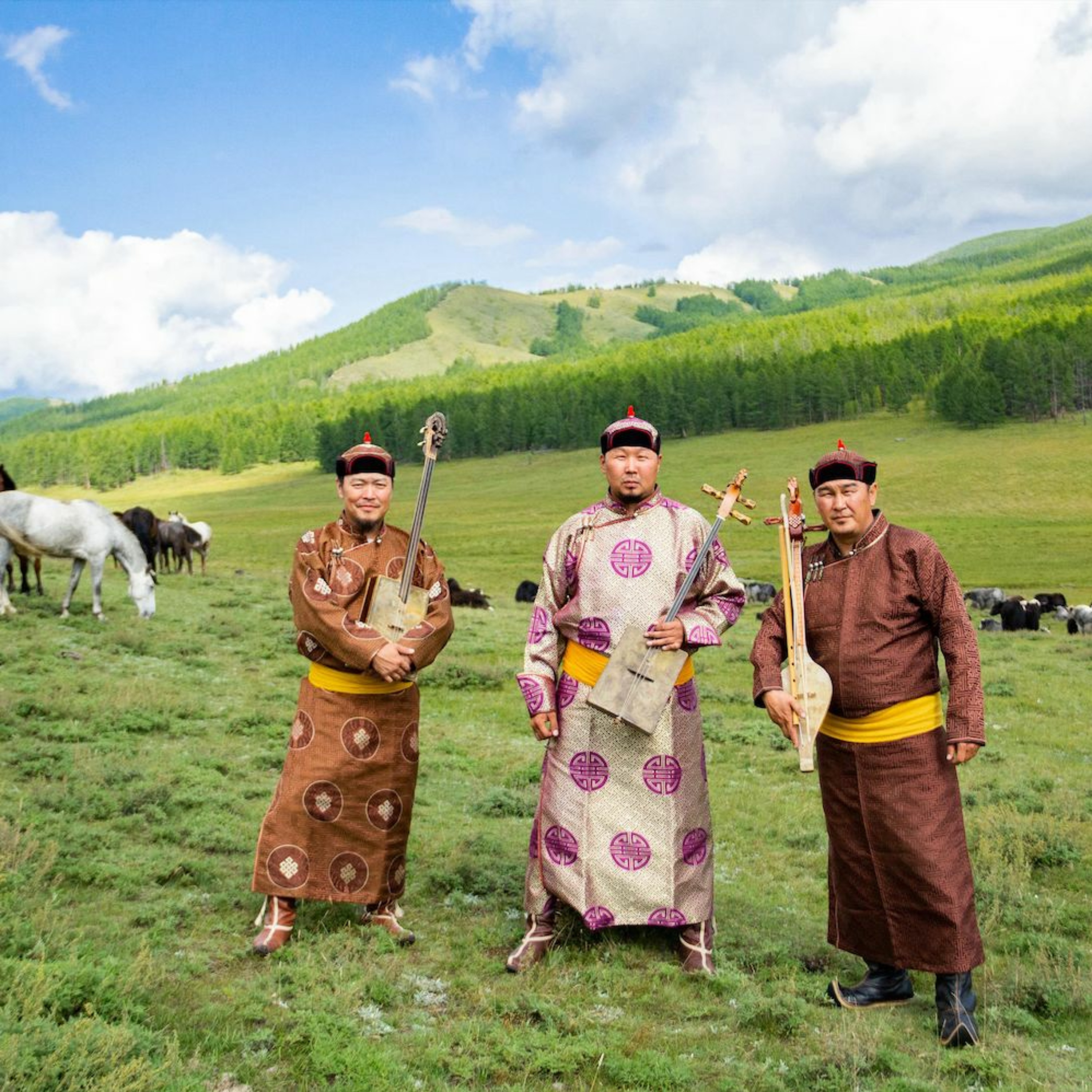
SciencelineHow Tuvan vocalists sing two notes at onceThe Republic of Tuva, located in the Russian Federation, is known across the world for its music. If you’ve ever heard Tuvan vocalists sing, you’ll understand why. A piercing whistle hovers over a deep, buzzing drone — two very different sounds coming from the same singer’s vocal tract as he harmonizes with himself.
So how do these master vocalists sing two notes at once? The answer lies in the most fundamental principles of sound. And in theory, anyone can learn to do it.
On this episode of the Scienceline podcast, experience the captivating beauty of Tuvan throat singing and the p...
2022-02-1708 min
SciencelineFighting Fast FashionSometimes, being a “material girl” comes with a downside. An endless cycle of fashion trends doesn’t only weigh on your wallet; it takes a toll on the planet too.
In 2020, the fashion industry accounted for 10% of the world’s carbon emissions, which is more than the oceanic shipping and international flight industries combined. If current practices continue undeterred, experts predict emissions will only increase.
Just like the larger issue of climate change, the path to fixing the fashion industry is disagreed upon. The good news? There are personal changes you can make to your shopping habits and potential policy changes...
2022-02-1508 min
SciencelineThe icy fate of the universeHave you ever wondered how the universe will end? Chances are that the answer is “yes”; humans tend to have an innate curiosity when it comes to morbid questions.
Scientists, of course, are no different. Cosmologists have pondered the ultimate fate of the universe, and many have converged on a theory: the “heat death of the universe,” also known as the “Big Freeze.” The Big Freeze theory suggests that, one day, all the energy in the universe will become evenly distributed, preventing any further action from occurring. In other words, the entire universe will essentially “freeze” into place.
To learn more about this t...
2022-02-1008 min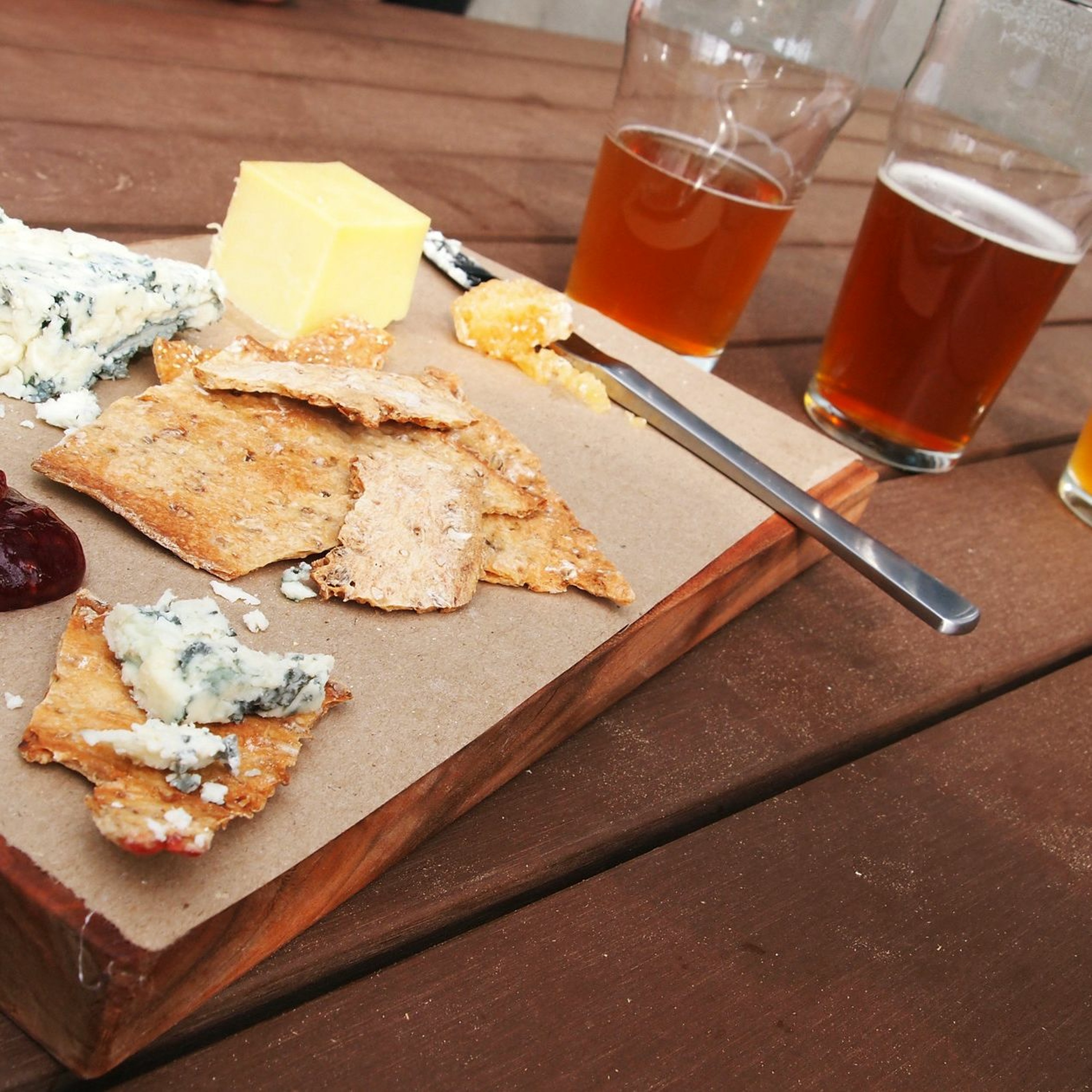
SciencelineBlue cheese and pale ale have been on the menu for longer than researchers thoughtToday, many charcuterie boards, servings of buffalo chicken and cobb salads feature blue cheese and possibly even a glass of beer. New evidence shows that humans’ taste for a cheese flavored by fungi may have begun as early as 800 B.C.
The Hallstatt salt mines in the Eastern Alps preserved excrement left behind by the workers who extracted salt from underground. Last year, researchers analyzed molecules on four samples of paleofeces, or very old human poop, and found evidence of blue cheese and pale ale consumption as early as the Iron Age nearly 3,000 years ago.
Join Scienceline reporter Delaney Dryfoos on...
2022-02-0806 min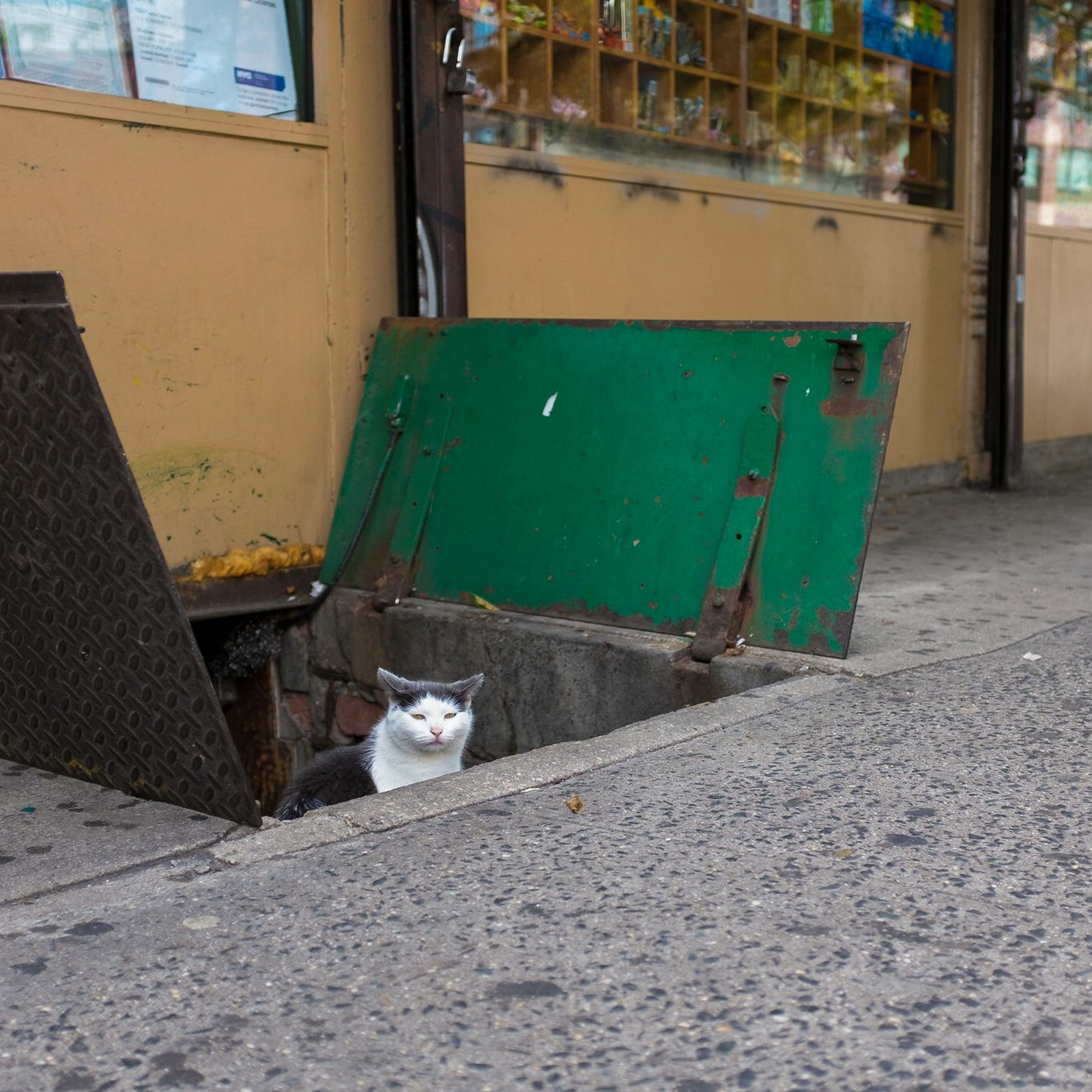
SciencelineEverybody wants to help a catLike many other volunteers, Brooklyn resident Hailee got involved with feral cat care by accident. After seeing cats in need around her neighborhood, she adopted some, found veterinary resources for others and joined a community of cat-savvy neighbors.
Throughout New York City a network of volunteers and professionals are working to compassionately reduce feral cat populations. “In 2003, only 25% of animals who came into the shelters got out alive… now what the industry calls the live release rate has been consistently over 90% for the past few years,” says Kathleen O’Malley, director of community cat education for the non-profit organization Bideawee.
Armed wi...
2022-02-0306 min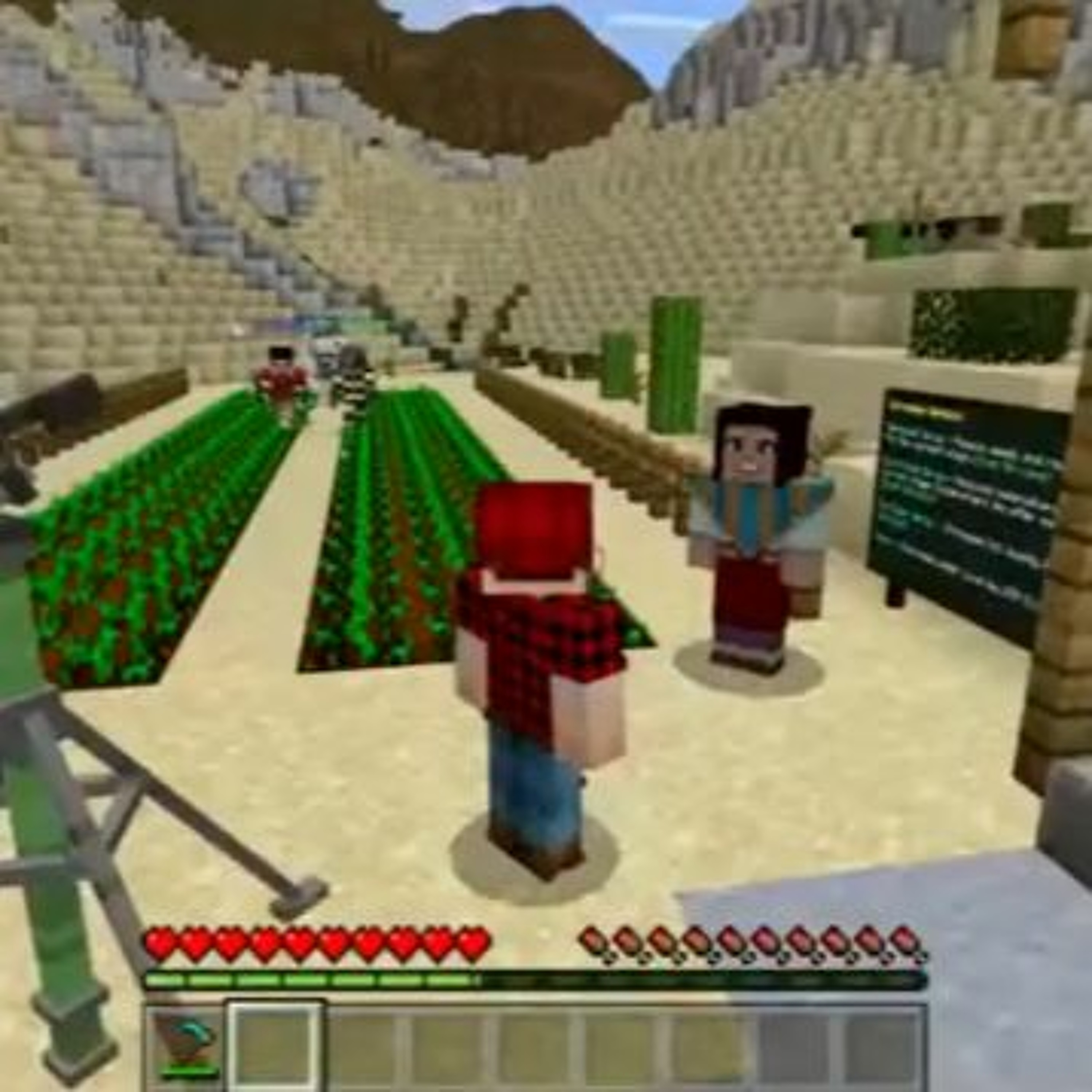
SciencelineToday's gamers may be tomorrow's agricultural expertsIf you’re a parent, you might have the opinion that video games are a waste of time. But the U.S. Department of State, educators and other experts think that gaming might actually be the best way to engage students — especially during the isolation of the COVID-19 pandemic — on important issues, like where the food we eat comes from and how agriculture can impact climate change.
By using Farmcraft, a tweaked version of the popular game Minecraft that focuses on modern farming practices, students from around the world were able to compete in teams to see who could build the be...
2022-01-2708 min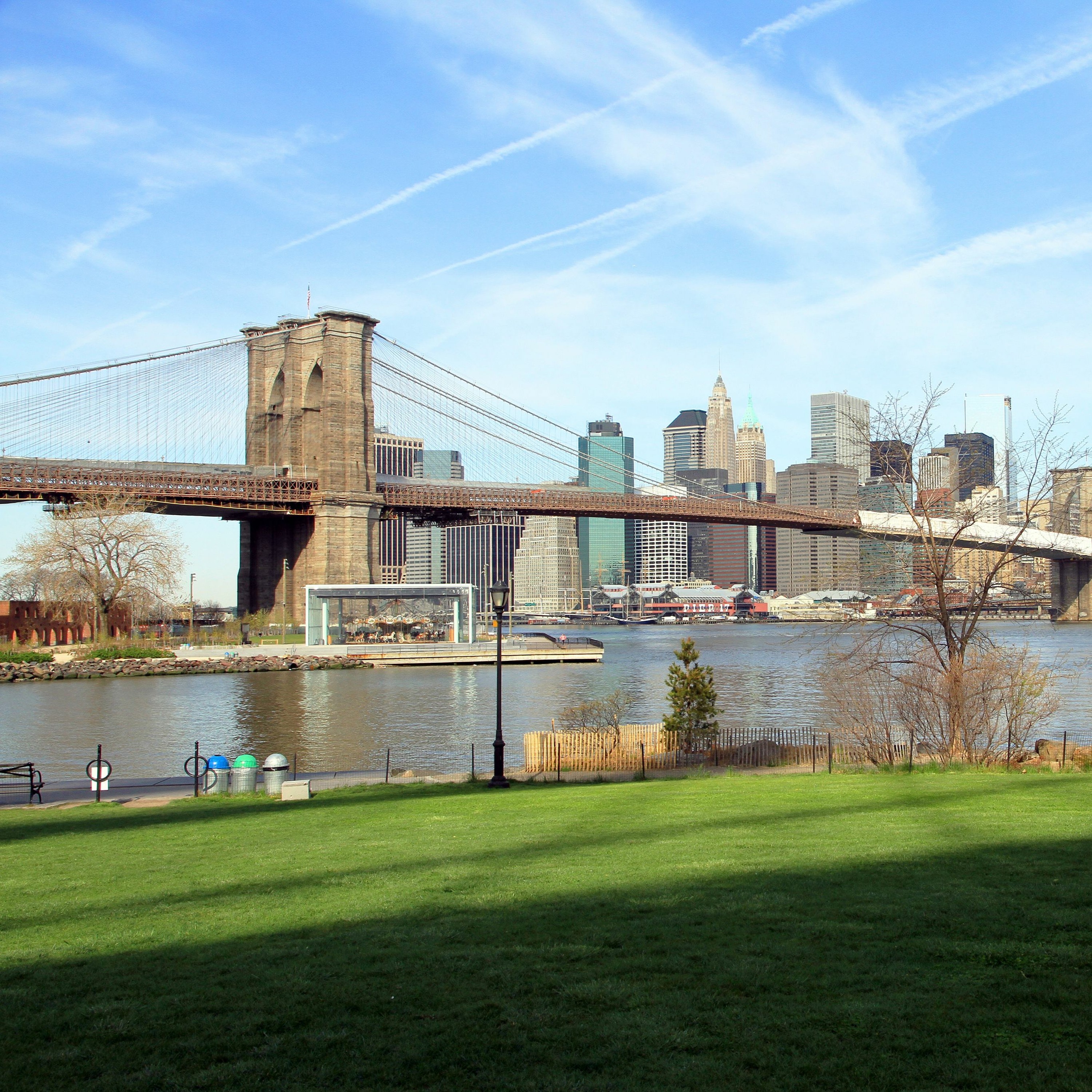
SciencelineThe lost and future wildlife of New York City's East RiverRight in the heart of New York City is the East River, separating Manhattan and the Bronx from Brooklyn, Queens and the suburbia of Long Island. For many New Yorkers, the river is just water running under the many bridges they cross over during their daily commute.
But before the confluence of the Hudson River and the harbor became New York City, the East River was home to a diversity of wildlife including fish, oysters and whales.
What would it take to reincarnate this lost ecosystem of New York City’s central body of water? In this episode of the Scie...
2021-04-0807 min
SciencelineOddities of outer spaceIn the last few decades, the study of exoplanets — planets outside our solar system — has exploded. Since the first one was spotted in 1992, scientists have found thousands of different exoplanets in their own unique systems, each of which has told us something new about the cosmos.
Hidden among planets made of diamond and systems that we didn’t think could exist is a wealth of scientific information. To the people that study these strange celestial bodies, finding a “weird one” is a sign that there are still questions to be answered and cosmic investigation to be done. And they are more than...
2021-02-2608 min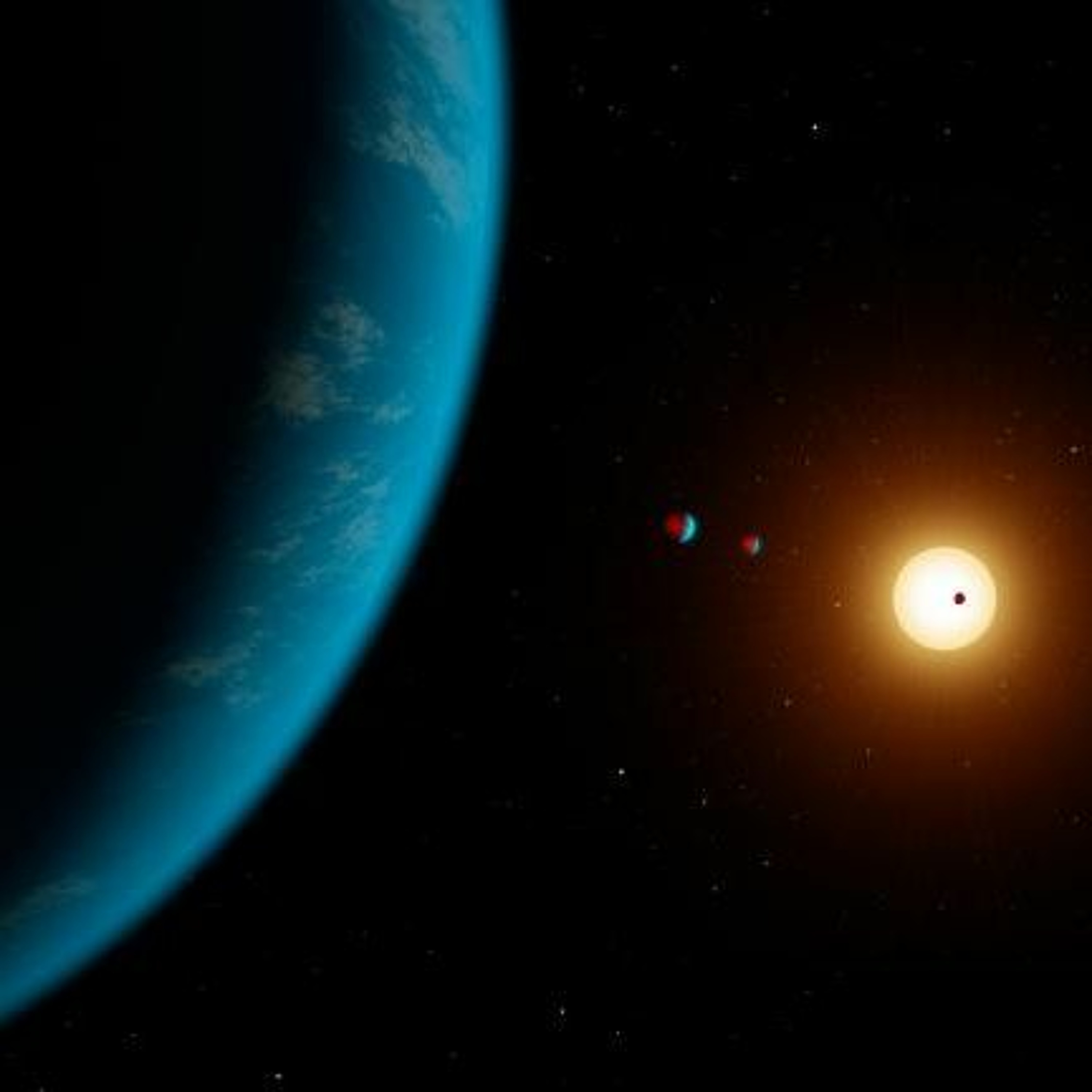
SciencelineOddities of outer spaceIn the last few decades, the study of exoplanets — planets outside our solar system — has exploded. Since the first one was spotted in 1992, scientists have found thousands of different exoplanets in their own unique systems, each of which has told us something new about the cosmos.
Hidden among planets made of diamond and systems that we didn’t think could exist is a wealth of scientific information. To the people that study these strange celestial bodies, finding a “weird one” is a sign that there are still questions to be answered and cosmic investigation to be done. And they are more than...
2021-02-2506 min
SciencelineDeath of a sourdoughLast year, plenty of people took up the new hobby of baking sourdough. What better to do when you can’t leave the house? And, since sourdoughs are based on cultivating a microbial community of yeast and bacteria in what’s called a “starter,” these bakers had to learn how to care for the billions of microbes with which they now shared a kitchen.
But as with many other hobbies, some of those new sourdough bakers probably gave up at some point. So what happened to their new microbe friends? What happens to a neglected sourdough starter?
On this episode of the S...
2021-01-2809 min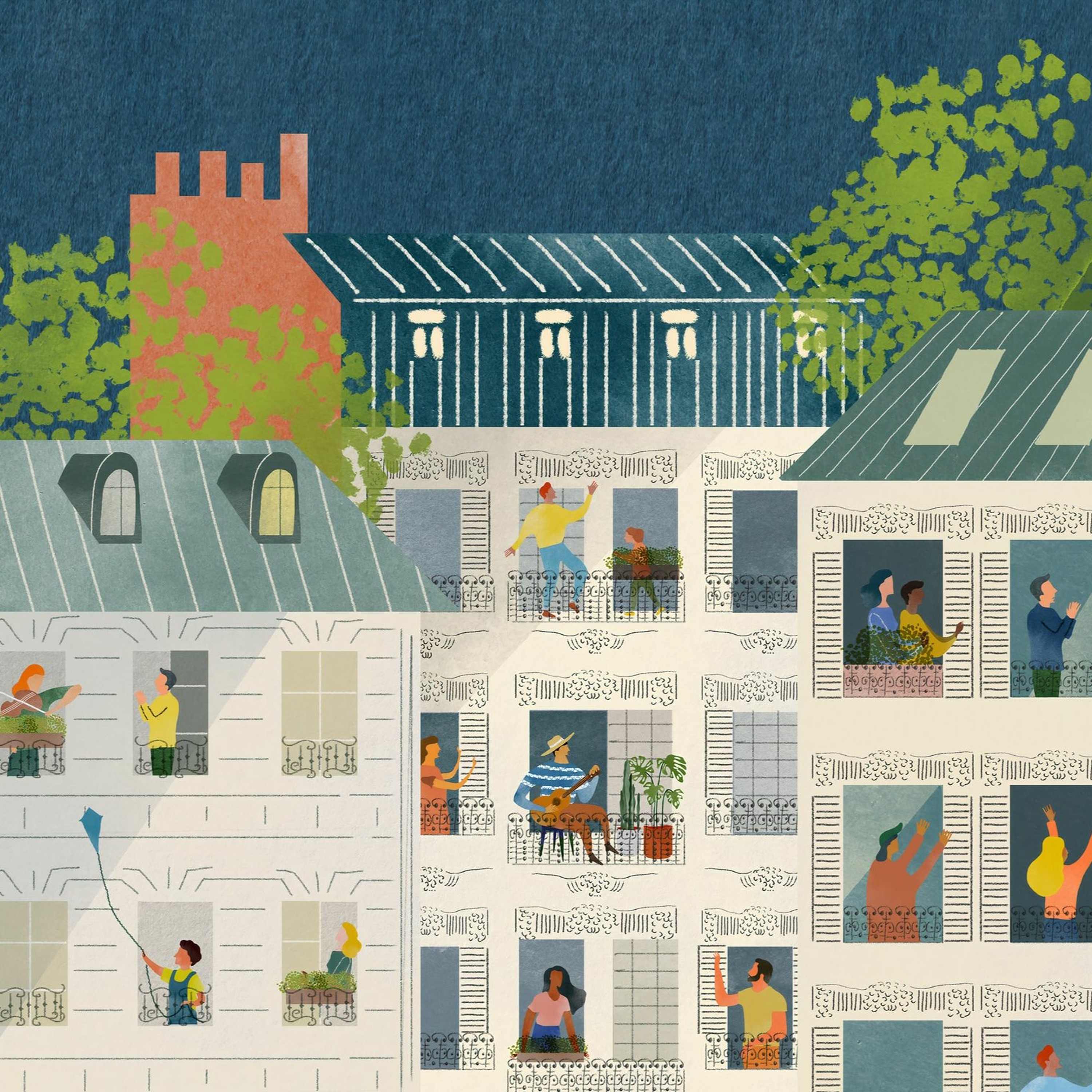
SciencelineWhat does the coronavirus sound like?In the 1980s, Mark Temple was the drummer for the indie pop band The Hummingbirds. He toured the world and saw his music played on MTV, but eventually left the band and returned to school.
When the university where he teaches shut down earlier this year, Temple used his time at home to rekindle his pastime: He turned the coronavirus genome into music. Each genetic letter contained within SARS-CoV-2, the virus that causes COVID-19, was converted into a musical note, bass line or drum beat. The resulting composition, which is more than an hour long, sounds a bit like ambient...
2021-01-2106 min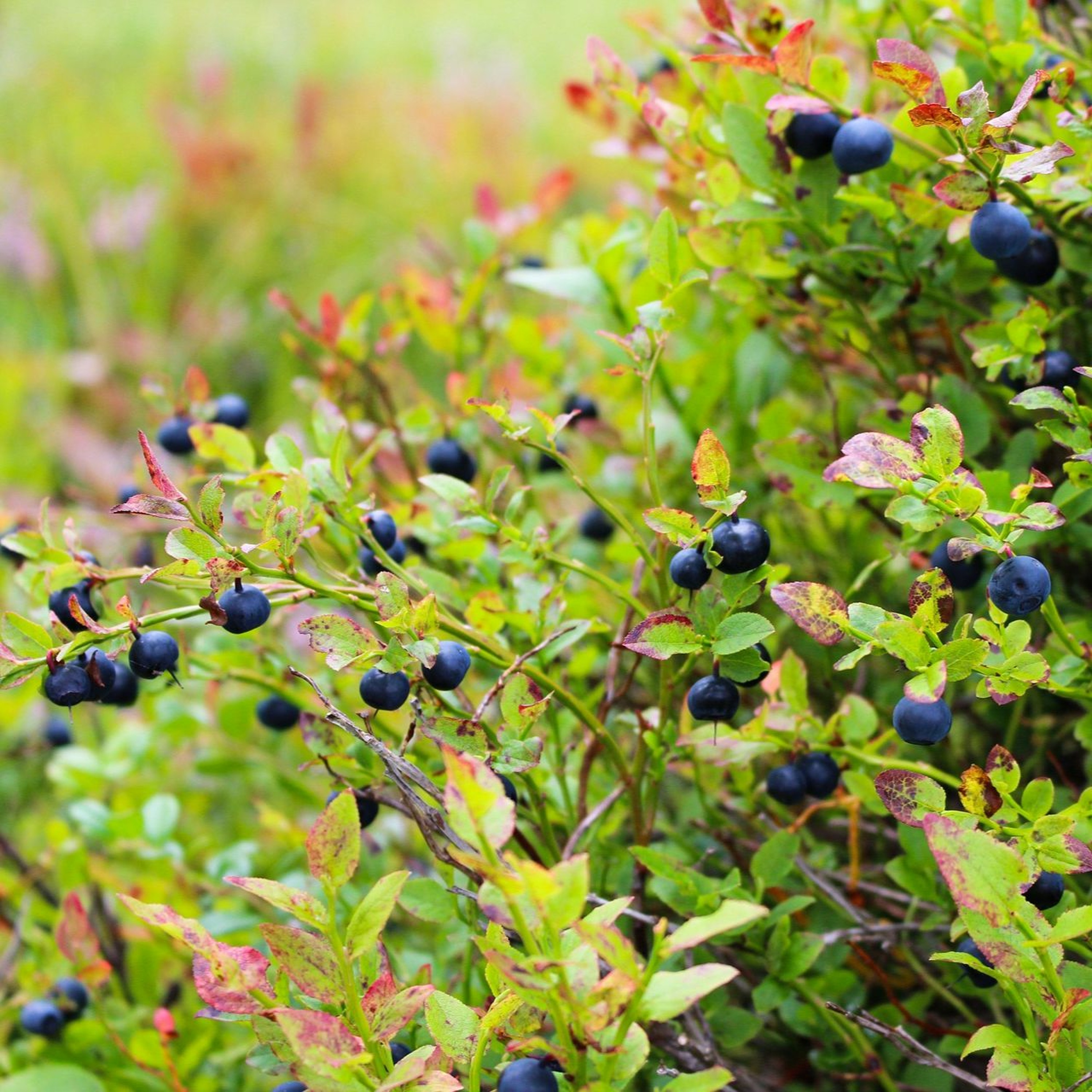
SciencelineThe evolution of ethnobotanyAs long as humans have been around, we’ve relied on plants for our survival: as food, fuel, shelter, medicine — and to produce the oxygen we breathe. Ethnobotanists are scientists who study and catalog these complex interactions between people and plants. Yet ethnobotany has a complicated history of its own, with roots in European colonial expeditions and in the exploitation of Indigenous communities.
Now, with the biodiversity crisis imperiling plants, ethnobotanists have become unexpected advocates for Indigenous knowledge rights in the quest to conserve useful plants around the world and the cultures that rely on them. Modern ethnobotanists are striving to w...
2021-01-1308 min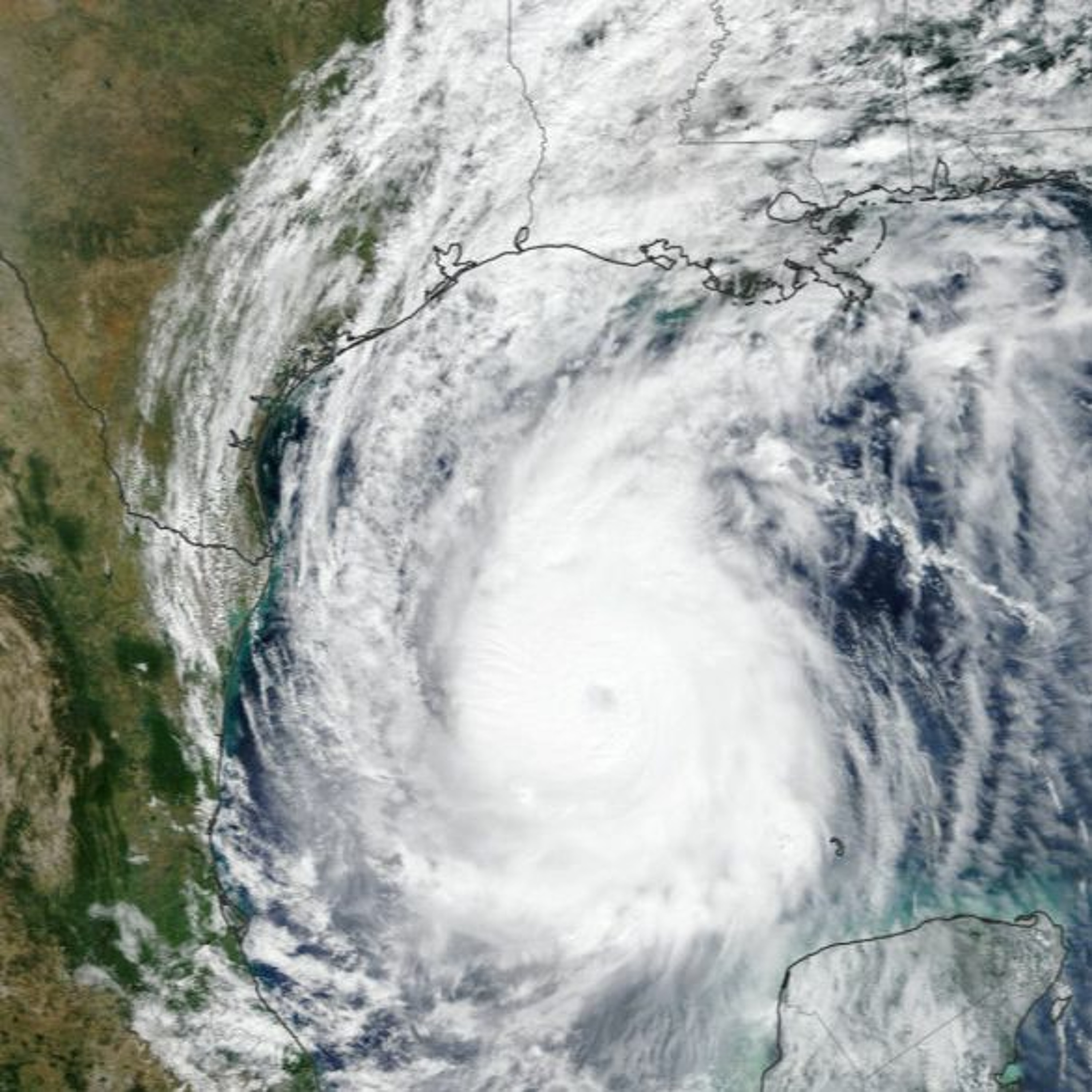
SciencelineMore than just a weather forecast2020 was another record-breaking year of storms and wildfires in the United States. Against the backdrop of the coronavirus pandemic, reports of fiery skies above California and “unsurvivable” storm surges in Louisiana can feel like apocalyptic icing on a hellish cake.
So how do meteorologists decide what to say about extreme weather? And as the climate changes, are weather reports changing too?
TV weathercasters are trusted messengers for many American families — including Casey Crownhart’s family in Birmingham, Alabama. Her state often experiences hurricanes and tornadoes, and the local weatherman is something of a celebrity. But the job is far from simple.
...
2021-01-0607 min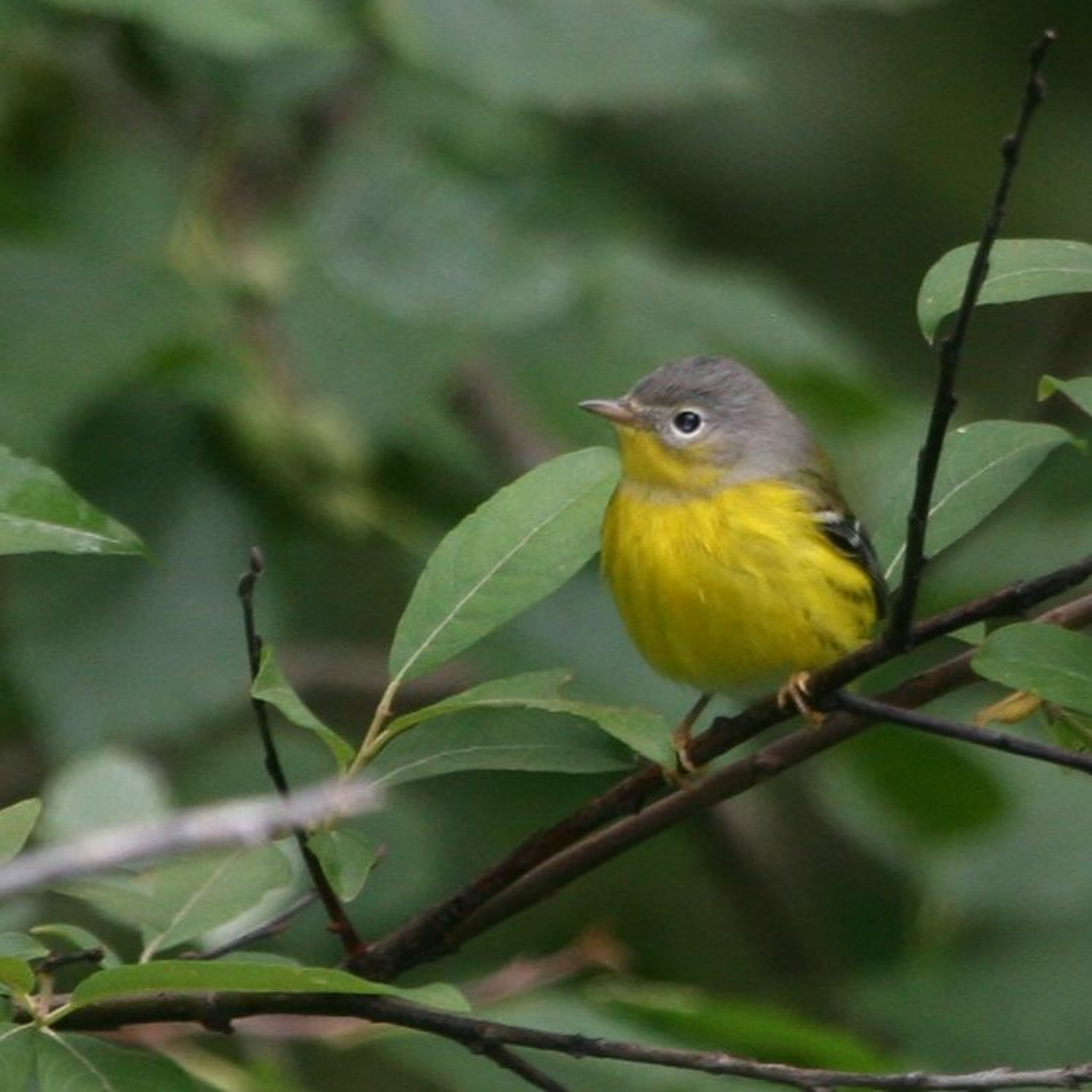
SciencelineBirding provides escape for the pandemic-fatiguedWatching for resident and migratory birds has provided an outlet for people to go outside during the COVID-19 shutdowns.
Photo: Migratory birds like this magnolia warbler pass through New York City each year, and the pandemic hasn’t stopped them. [Jean-Guy Dallaire | CC BY-NC-ND 2.0 ]
Music by: Chuck Fresh, Jahzzar
For more information about this episode, please visit https://scienceline.org/2020/12/birding-provides-escape-for-the-pandemic-fatigued
2020-12-3007 min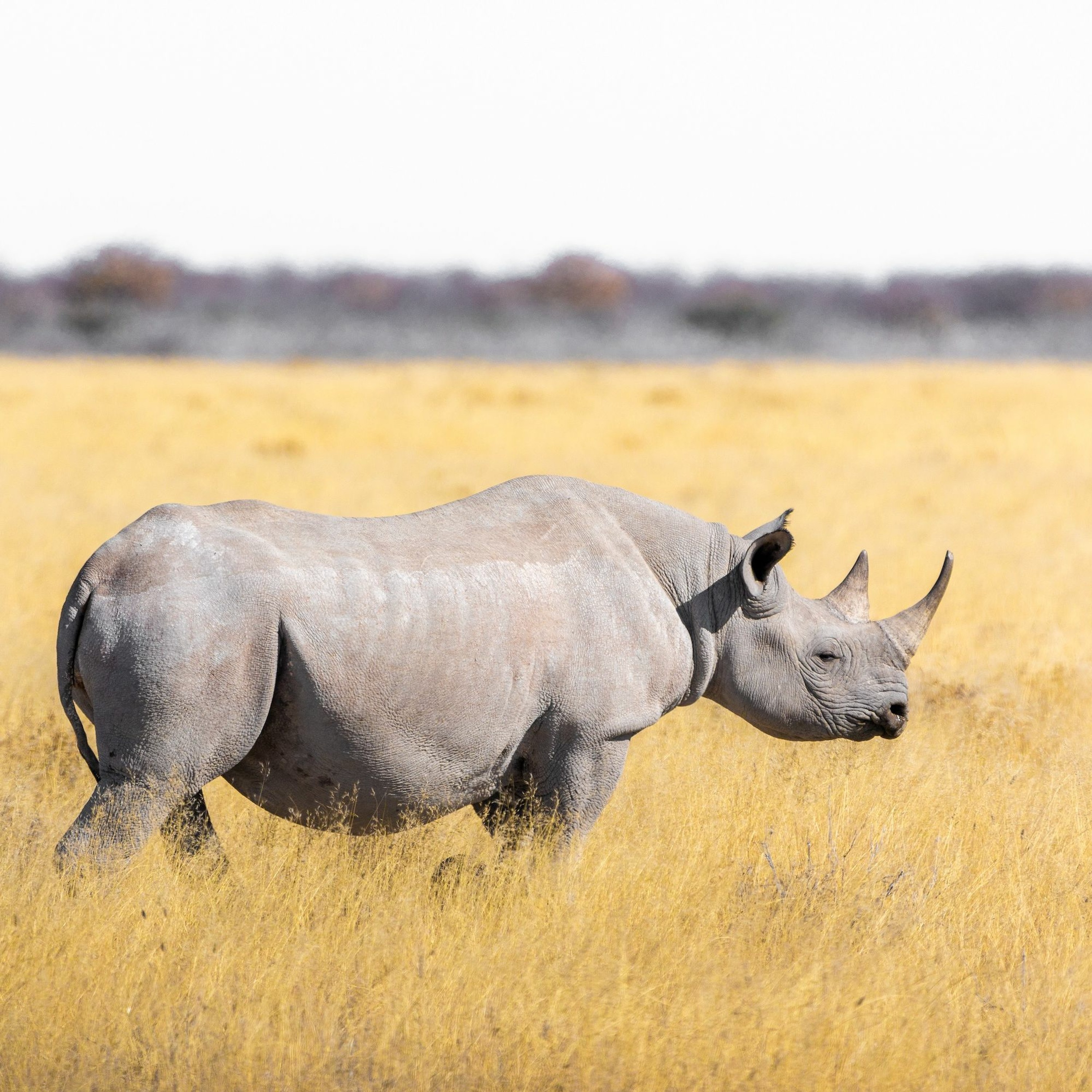
SciencelineRhino conservation in a time of crisisThe coronavirus pandemic has disrupted economies across the globe. With international travel on hiatus, the toll on tourism has been immense. So where does that leave the communities — and animals — that depend on money from travelers?
2020-09-2809 min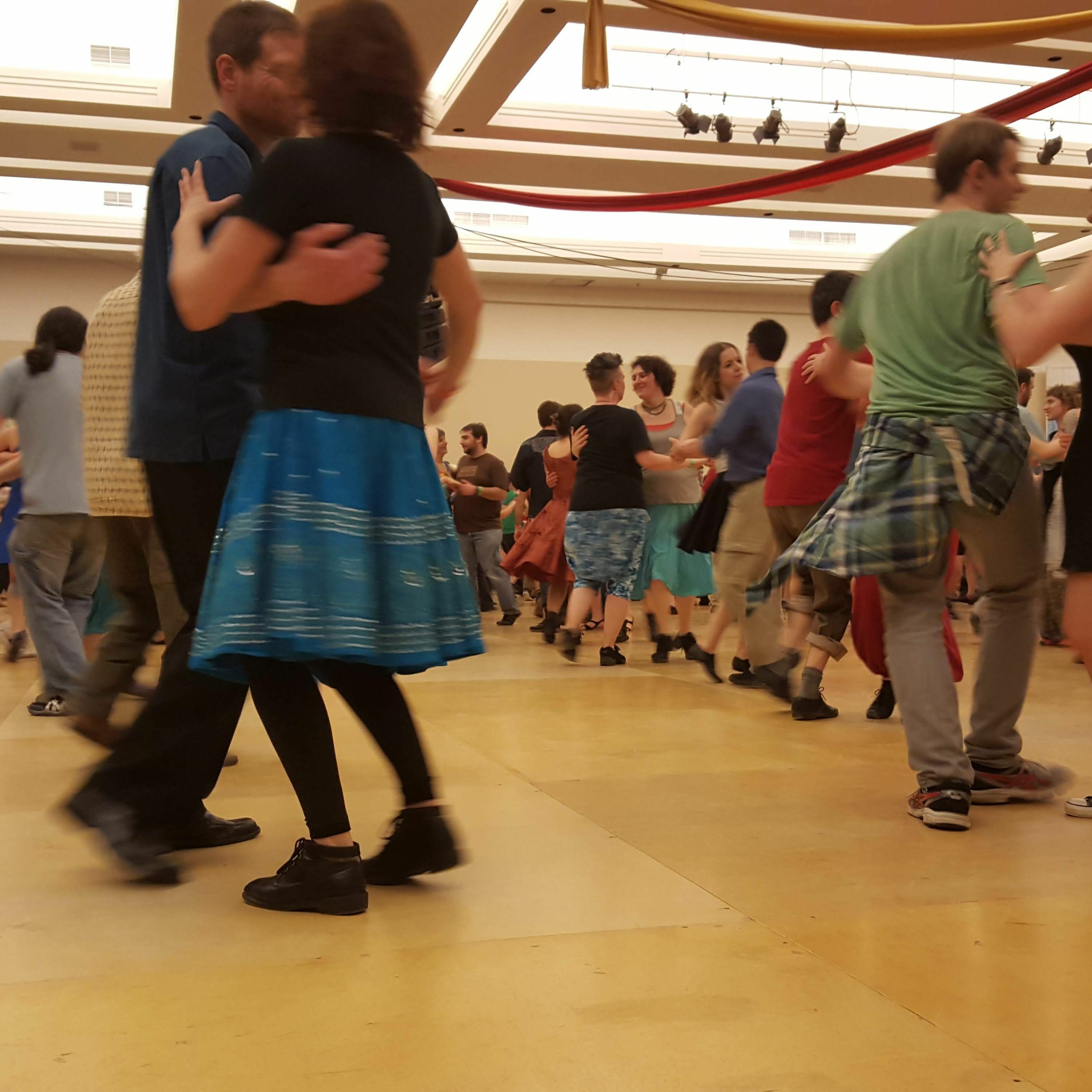
SciencelineTaking the "folk" out of folk cultureIt’s literally in the name — folk culture depends on groups of people. Whether they’re attending a folk dance or a jam session, members of folk communities gather together to engage in a group experience. Or at least, that’s how it was before the COVID-19 pandemic.
2020-09-2709 min
SciencelineThe daunting task of holding an Islamic funeral in a pandemicGrieving is difficult. Grieving during a pandemic even more so.
In the Islamic tradition, a person's passing is marked with an elaborate and symbolic funeral. But what happens to those traditions when the world is put on pause, and when tragedy seems never-ending?
2020-09-2709 min
SciencelineLGBTQ pride in the pandemicJune felt different this year. The month, usually filled with technicolor LGBTQ Pride celebrations, fell quiet due to coronavirus lockdown measures.
Many pride organizers adapted by hosting online pride events, which allowed queer folks from across the globe to meet while increasing the chance of homophobic cyberattacks. And these attacks did occur.
This episode of DISTANCED centers around the novel pride celebrations of 2020, most held over Zoom, streamed on Facebook Live, or uploaded to YouTube. It centers stories of attendees and organizers. You’ll hear about a night hijacked by internet trolls and how the LGBTQ community can move forward.
MK...
2020-09-2305 min
SciencelineWolbachia: Bacteria that are saving livesIn this podcast, Scienceline speaks with Fred Rubino, a postdoctoral researcher at New York University, who studies Wolbachia and their survival in fruit flies. Also, Cameron Simmons, Director of Impact Assessment at the World Mosquito Program, talks about how Wolbachia-infected mosquitoes are made, deployed, and the current challenges of both these bacteria and controlling diseases like dengue.
2020-09-0409 min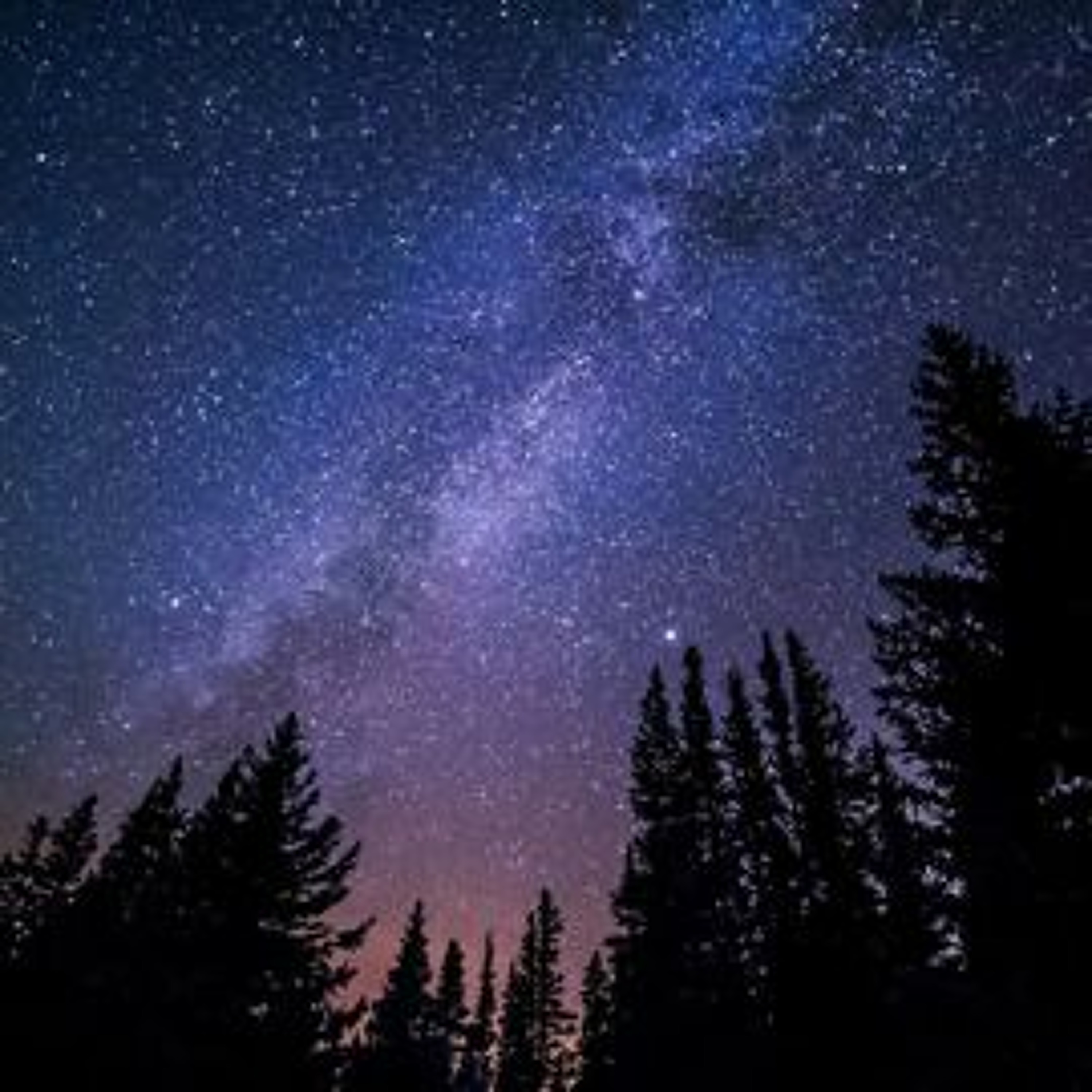
SciencelineAre atoms, bacteria and plants conscious?In this podcast, Scienceline speaks to philosophers David Chalmers, Philip Goff, and biologist Karl Niklas to discuss whether atoms, plants, and bacteria are conscious.
2020-08-0507 min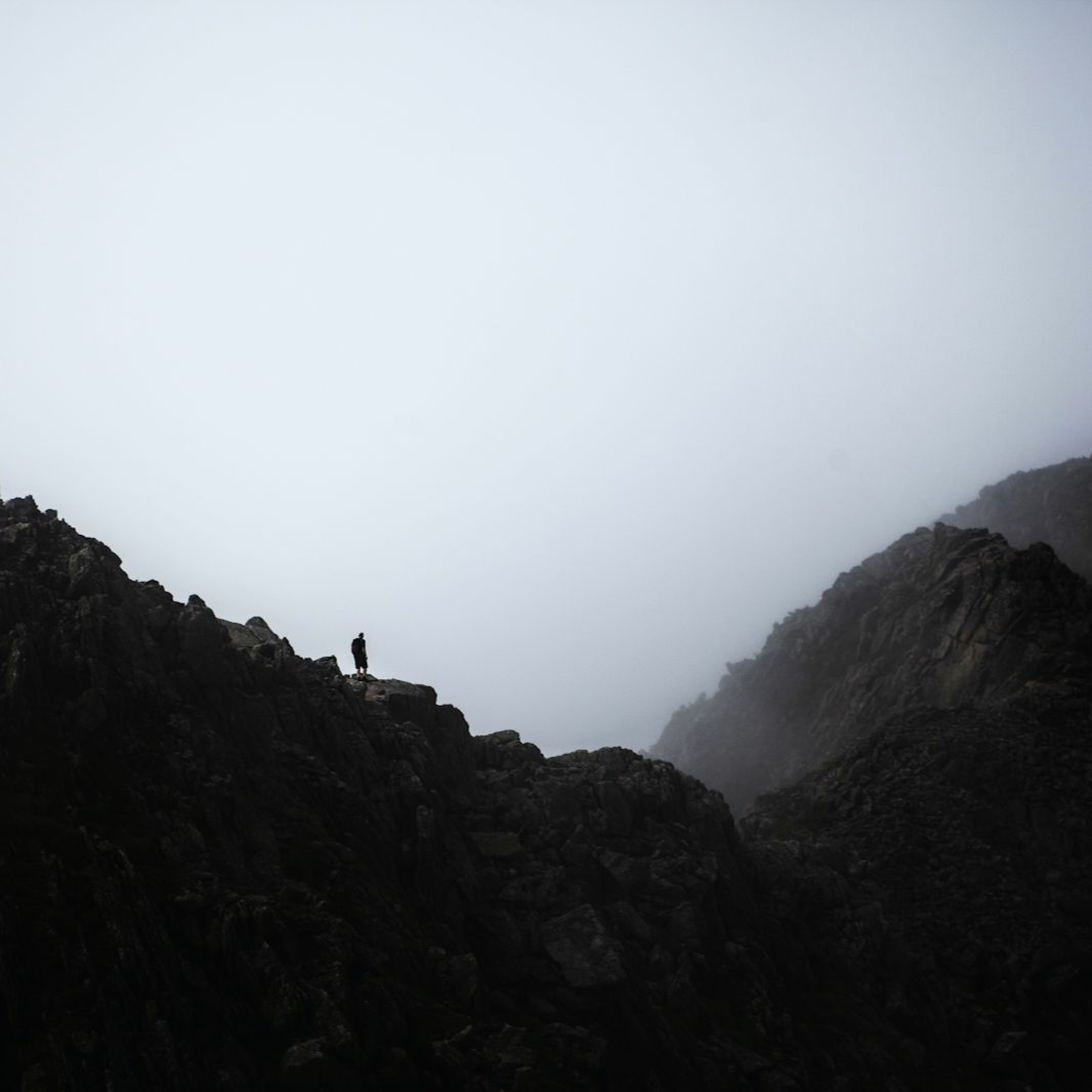
SciencelineGarrett Fondoules: Being alone on and off the Appalachian TrailCan you be a pro at isolation? If anyone could be, it seems like it would be Garrett Fondoules. Normally, he travels across the Appalachian Trail, working to map its landmarks and boundaries. Sometimes, he scarcely sees another human face. Wouldn’t a little more isolation be nothing new?
Yet like everyone, Fondoules’ life has been upended by the COVID-19 pandemic. Fondoules tells Rebecca Sohn of his life before the pandemic — one filled with scenic views, folk dancing with friends, and the hard work of mapping the longest hiking-only trail in the world.
2020-06-1706 min
SciencelineIs artificial intelligence changing art?As artists harness the powers of technology for their art, several essential questions arise. What does it mean to create art with artificial intelligence? Are these techniques truly new? And why do we even need art that uses algorithms? This seven-minute episode will explore these questions, among others.
2020-06-1006 min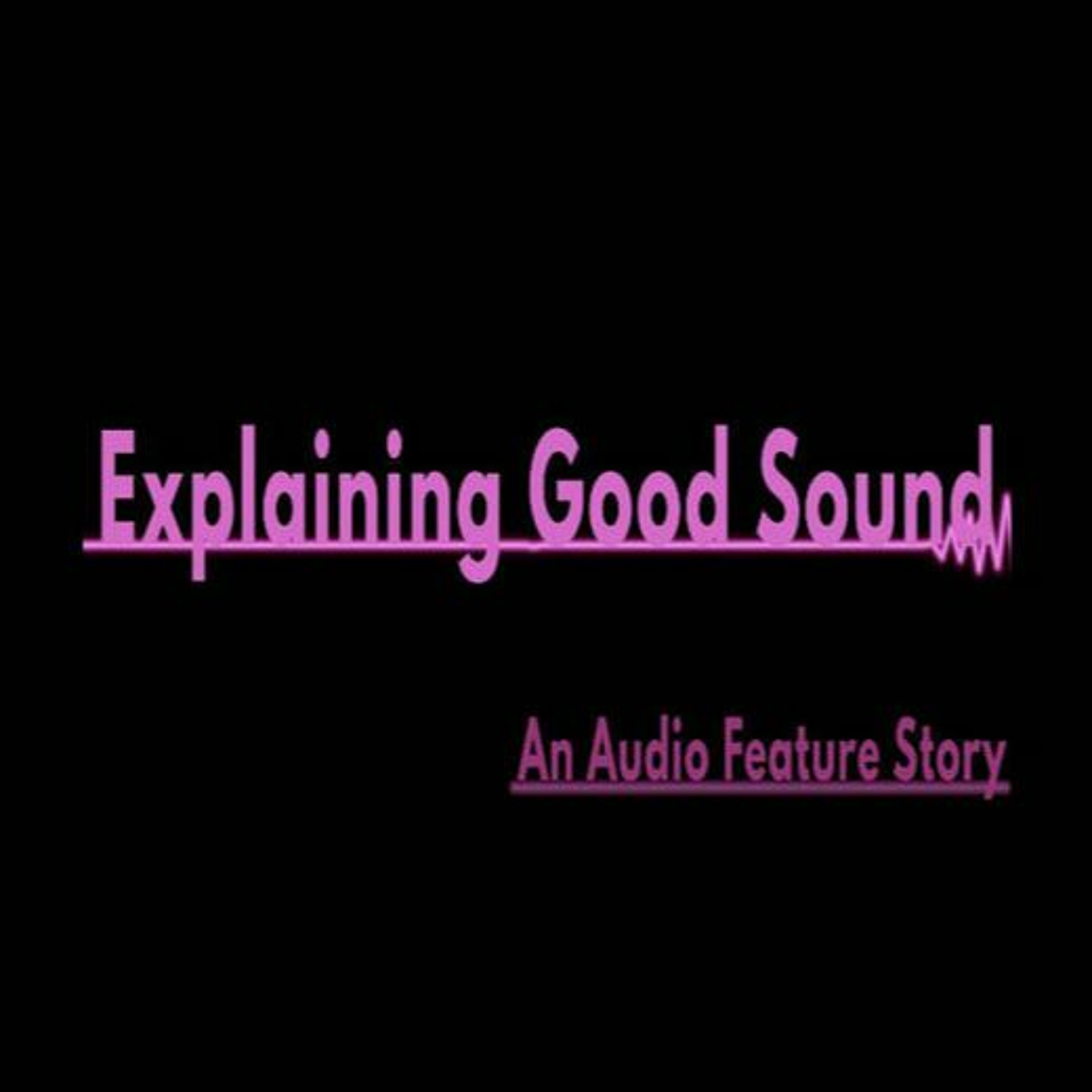
SciencelineWhat makes music sound...good?Think about a song you like. Regardless of the genre, the song probably includes either reverberation, distortion or both.
These add texture to the music that we tend to crave. But how do they work? As a guitar player, I thought I knew. But I’d never taken a pause to think about the details. To find out what exactly reverberation and distortion are and how they are produced, I speak with Stephen Kurpis, audio engineer from Vitruvian Sound NYC.
2020-06-0506 min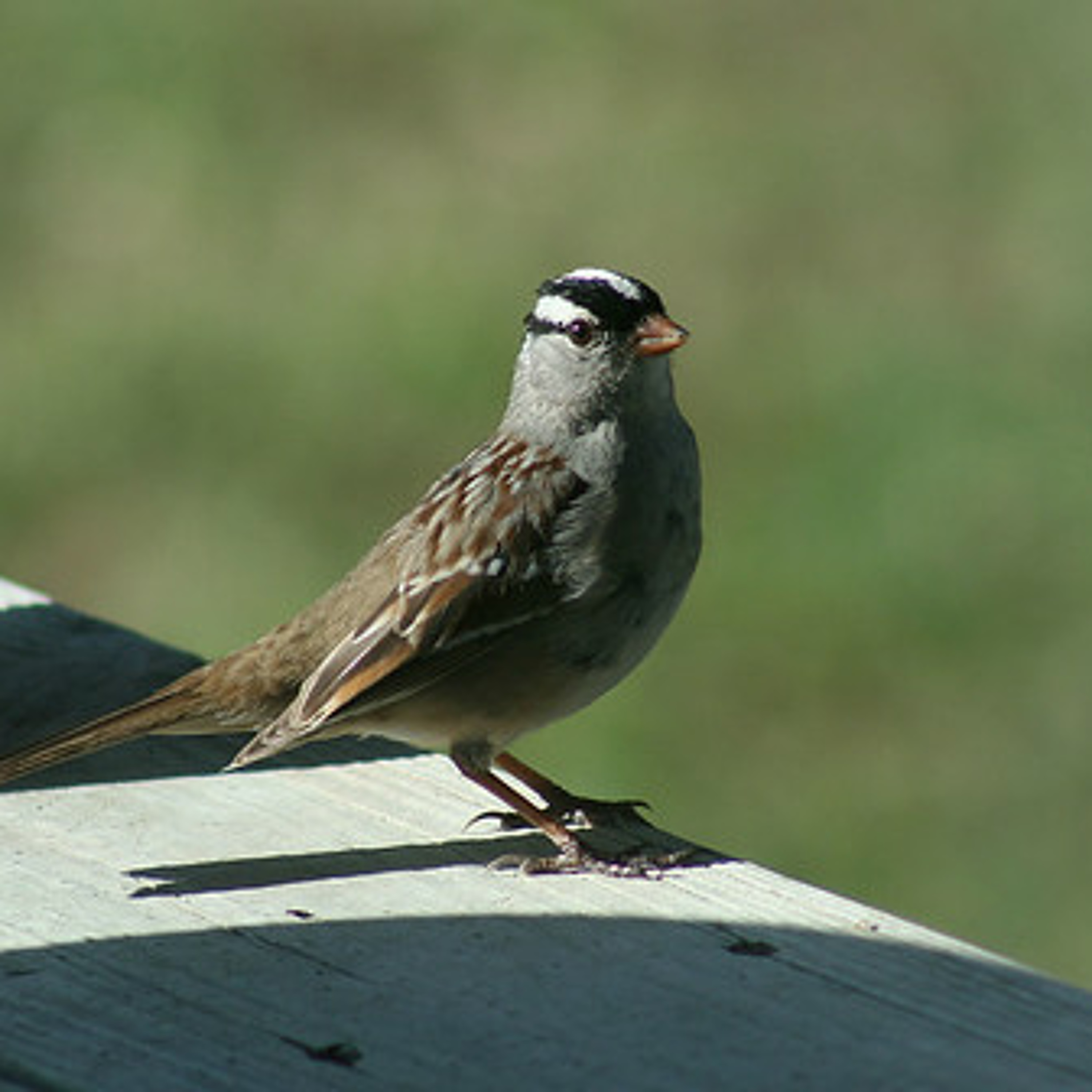
SciencelineListening to the urban choirPerhaps you were woken up today by the calls of a singing bird — perhaps trying to mate, or simply to communicate. In an Anthropocene world, those birdsongs are changing. Songbirds today, many of whom live in the midst of human cities, are singing into increasingly noisy skies. Their songs must compete with the din of planes, trains, and automobiles — and birds have been adapting their song to compensate.
2020-06-0306 min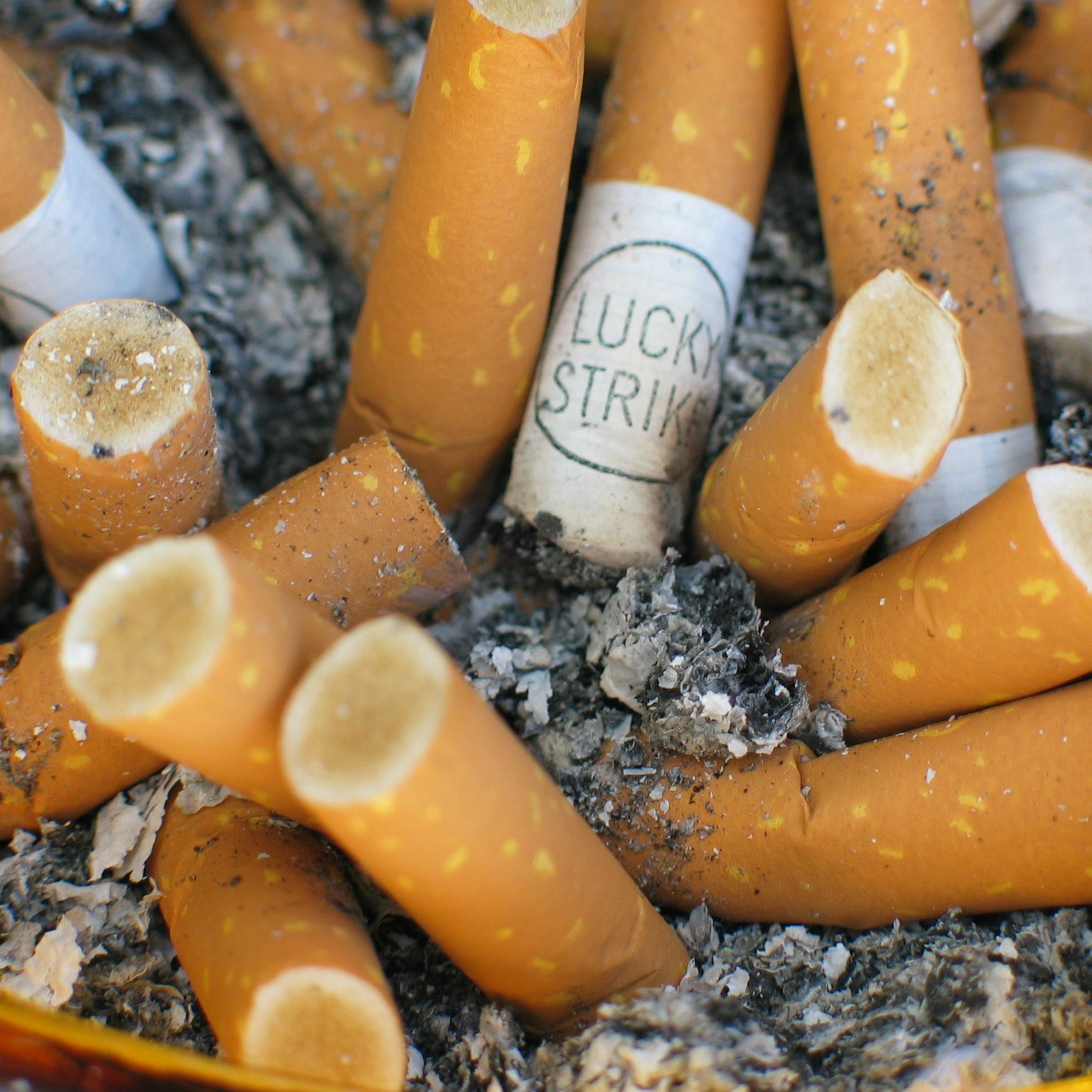
SciencelineHot or not, cigarette butts release toxinsWe all know smoking is bad for your health. So is second-hand smoke. It turns out, even a leftover cigarette butt could be bad for you as well. Most butts are made with plastic and are not biodegradable. Scientists know nicotine and other toxins leach out of these ubiquitous plastic waste products, but recent research shows they could expose us to hazardous chemicals through an unexpected path — the air.
2020-05-1404 min
SciencelineCoronavirus: a name gameCorryn Wetzel speaks with a professor of ethnic studies, a civil rights organization and an infectious disease expert to understand how rhetoric around COVID-19 has impacted Americans.
2020-04-1605 min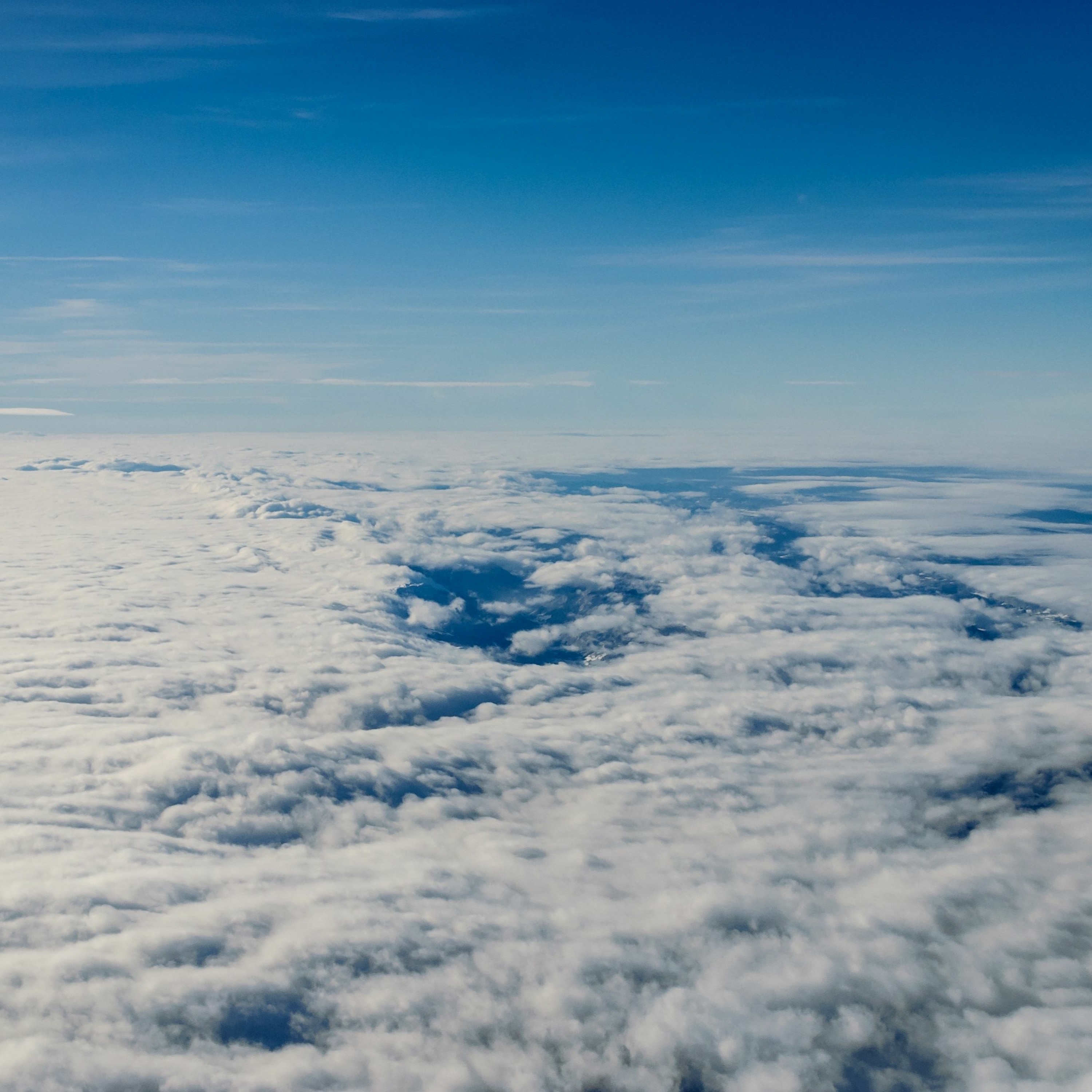
SciencelineHow volcanic eruptions may hold the key to averting the climate crisisAs the world faces unprecedented climate disasters — from the months-long bushfires in Australia to the rapidly melting ice-sheets of Greenland and Antarctica — teams of scientists from around the globe are busying themselves to come up with new climate solutions.
2020-02-0510 min
SciencelineClimate change is bad news for your cup of joeClimate change could soon leave a bad taste in your mouth.
2019-07-0304 min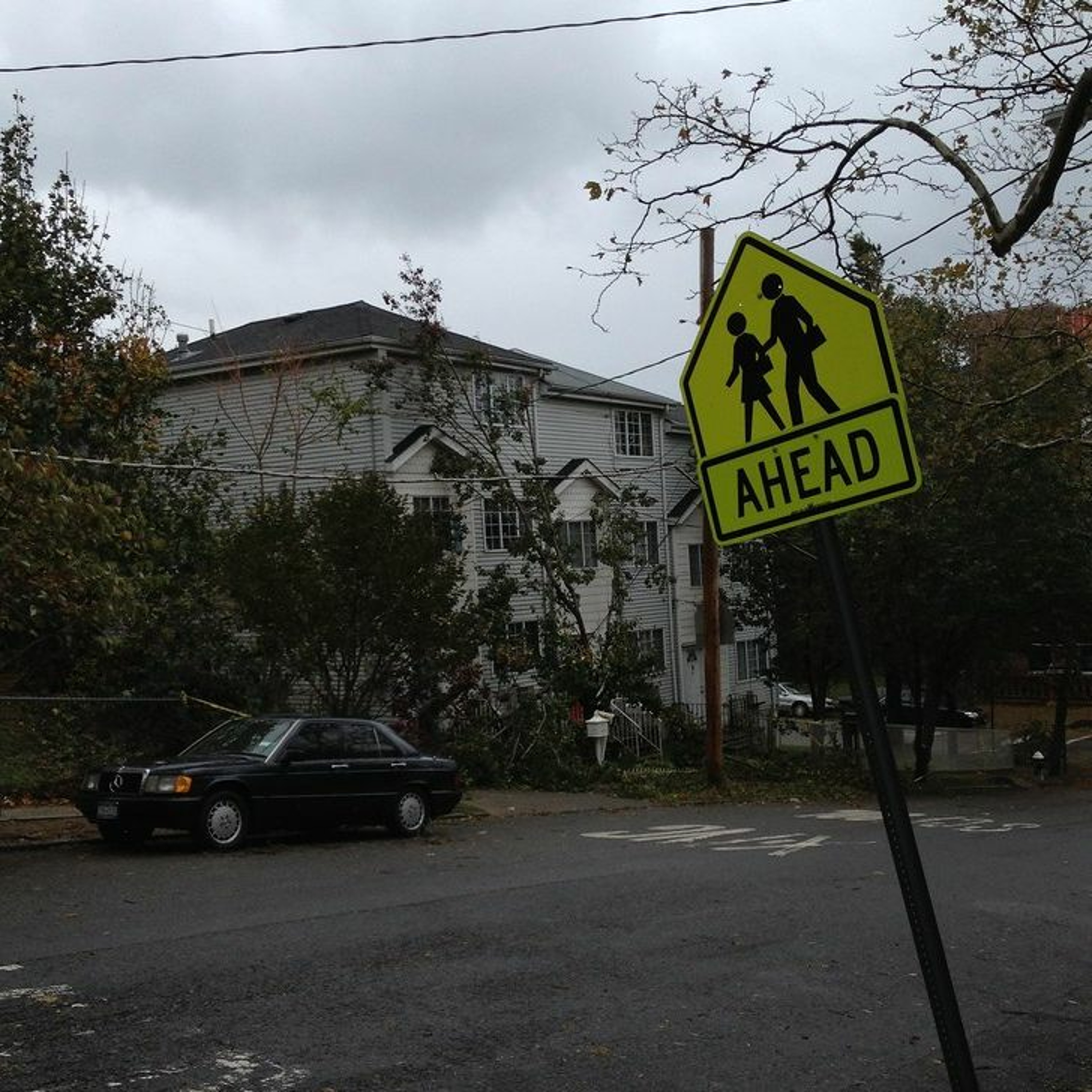
SciencelineIs New York Ready for the Next Big Hurricane?Scientists expect climate change will make storms more intense, so the city must amp up its defenses
2019-06-2405 min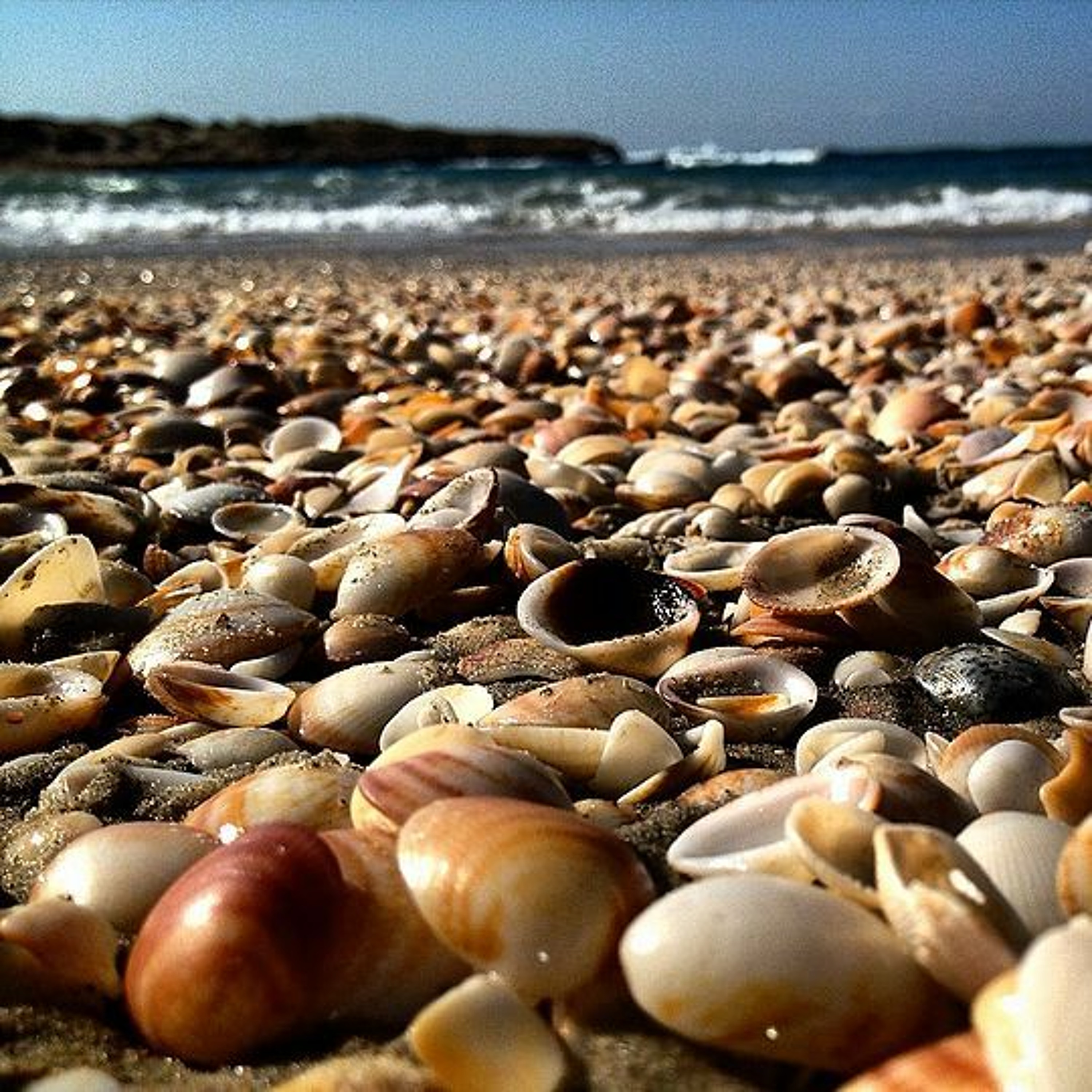
SciencelinePODCAST: What shells can tell us about the worldShells, often overlooked on the sea shores, tell professor Geerat Vermeij a story about evolution that spans millions of years. Vermeij, a leading geologist and creator of the famous escalation theory, has been captivated by shells since a young age. His is the story of pursuit of passion despite an obstacle that might deter others. You see, professor Vermeij is blind.
Listen to his inspiring story of beauty and undeterred curiosity about the world around us.
2019-06-2008 min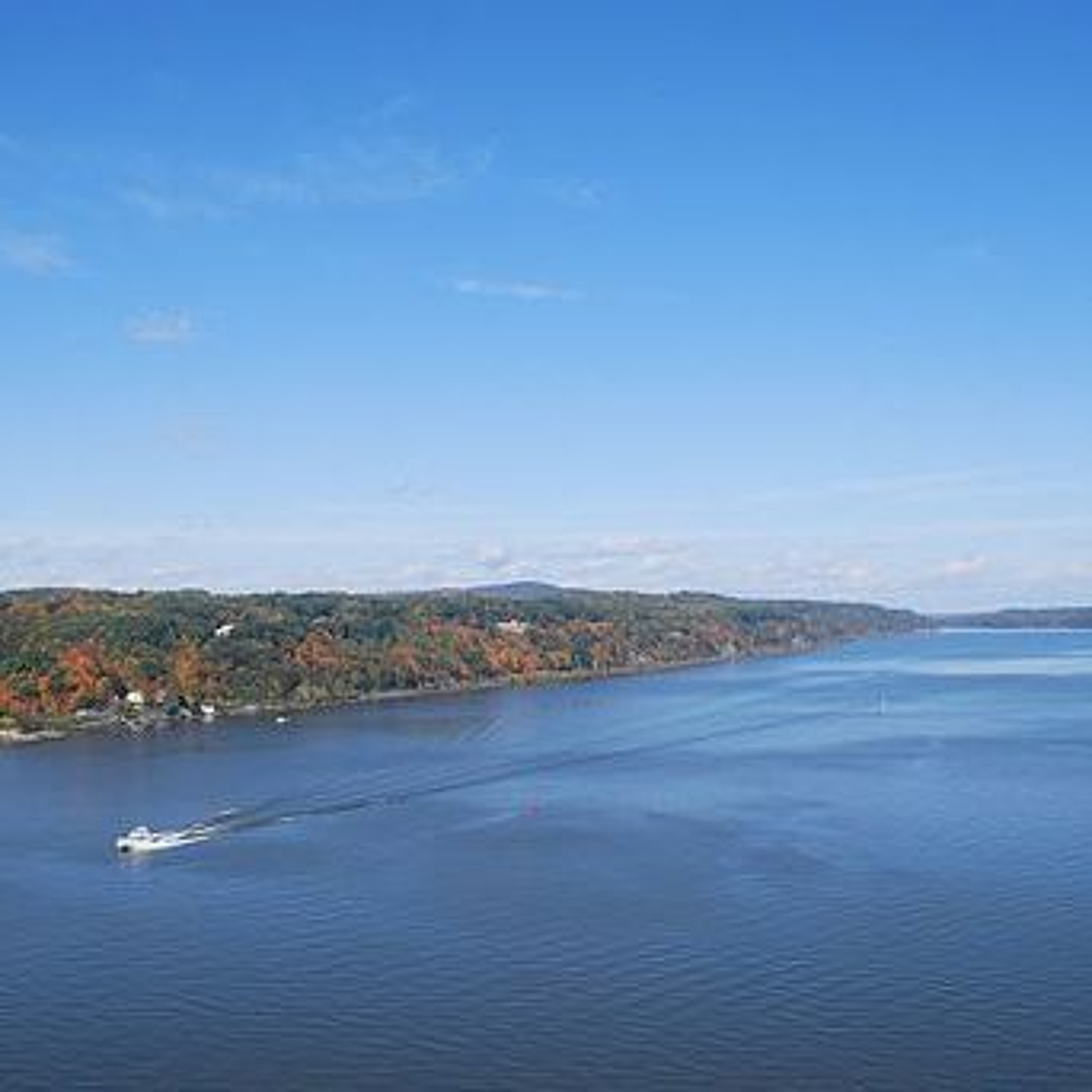
SciencelinePODCAST: Dive Right into the Hudson RiverDespite perceptions that the Hudson is not fit for swimming, it is perfectly safe in many places. But how do you know where?
2019-06-1405 min 2018-09-3006 min
2018-09-3006 min
SciencelineCoronavirus is reshaping personal space boundaries. But, what does personal space really mean?In the midst of the coronavirus pandemic, Maria Paula Rubiano started wondering about how personal space boundaries differ across cultures. She followed that curiosity, and here’s what she found.
2018-09-0109 min
SciencelinePODCAST: Dog cloning, explainedEarlier this year, the world learned that Barbara Streisand had cloned her beloved pet dog, Samantha. As a news item, it was a weird novelty that got a fair amount of attention. But I wanted to know: How exactly do you clone a dog? In this podcast, I dug into the science of cloning to figure it out. Along the way, I learned a bit about why people clone their pets and what parts of the cloning process can get a little hairy.
2018-07-2807 min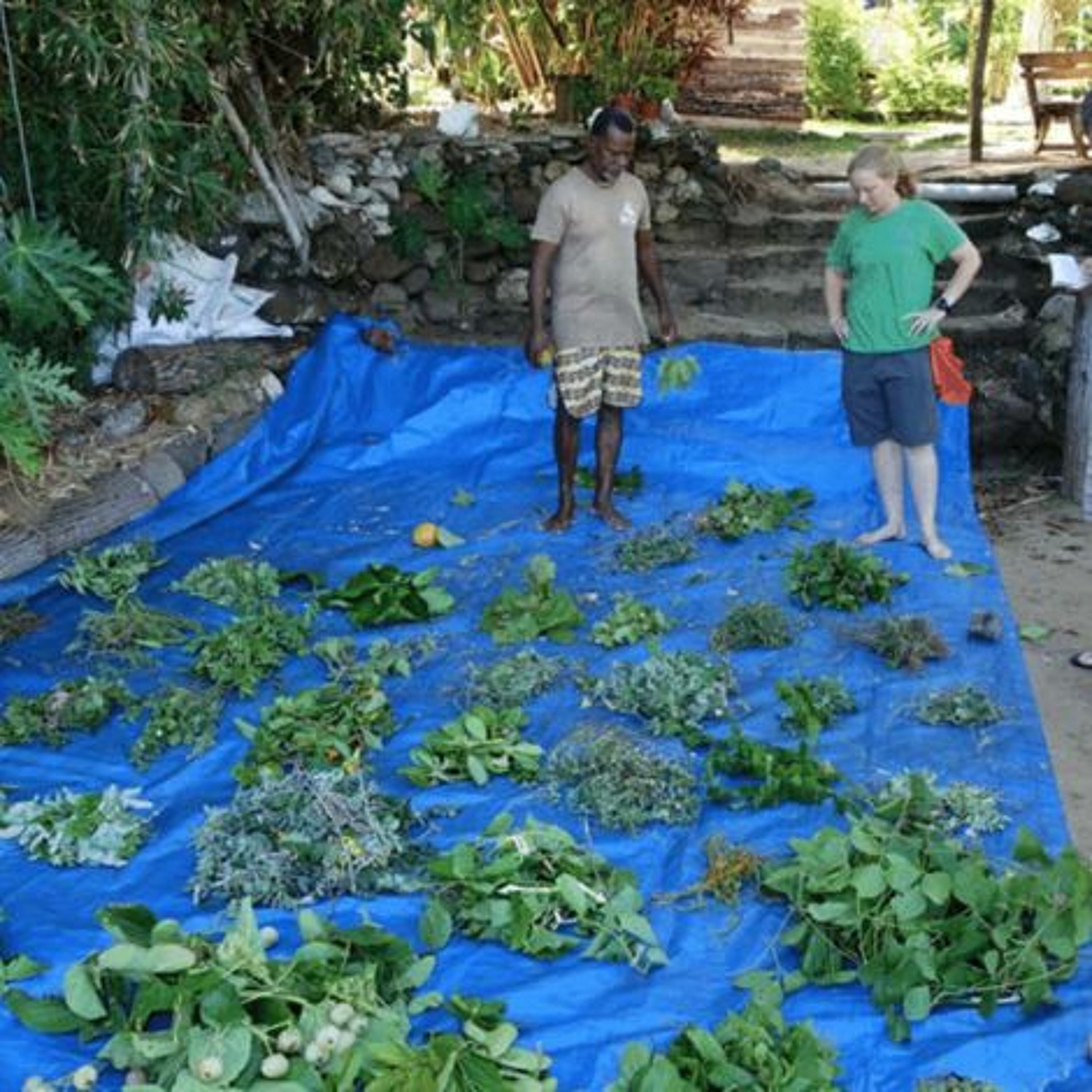
SciencelinePODCAST: Call these plants by their namesIn the far reaches of the South Pacific lies the country of Vanuatu, a small cluster of islands about 1600 miles east of Australia. This hard-to-reach archipelago covers an area smaller than the size of Hawaii. Despite its minute size, the islands are immensely diverse. The country has one of the highest language densities in the world (112 to be precise) and its forests are teeming with a rich array of local plant life. Vanuatu’s plant diversity has never been fully recorded, however, and the country’s rapid industrialization is putting local plant knowledge at risk. So, for the past five year...
2018-07-0706 min
SciencelinePODCAST: If you can sing, can you talk?Whether it takes place onstage, at karaoke, or in the shower, singing is a special activity unique from speech. And since it uses a lot of the same machinery (mouth, tongue, voice box, etc.), at least some of that difference must lie in the brain. This podcast looks at the mental phenomenon of song from both sides. Bernadine Gagnon, a Columbia speech therapist, explains how singing can sometimes help stroke victims re-learn to speak, and Kalman Katlowitz, a NYU neuroscientist, talks about his lab’s attempt to locate part of the brain’s singing circuit.
2018-06-2006 min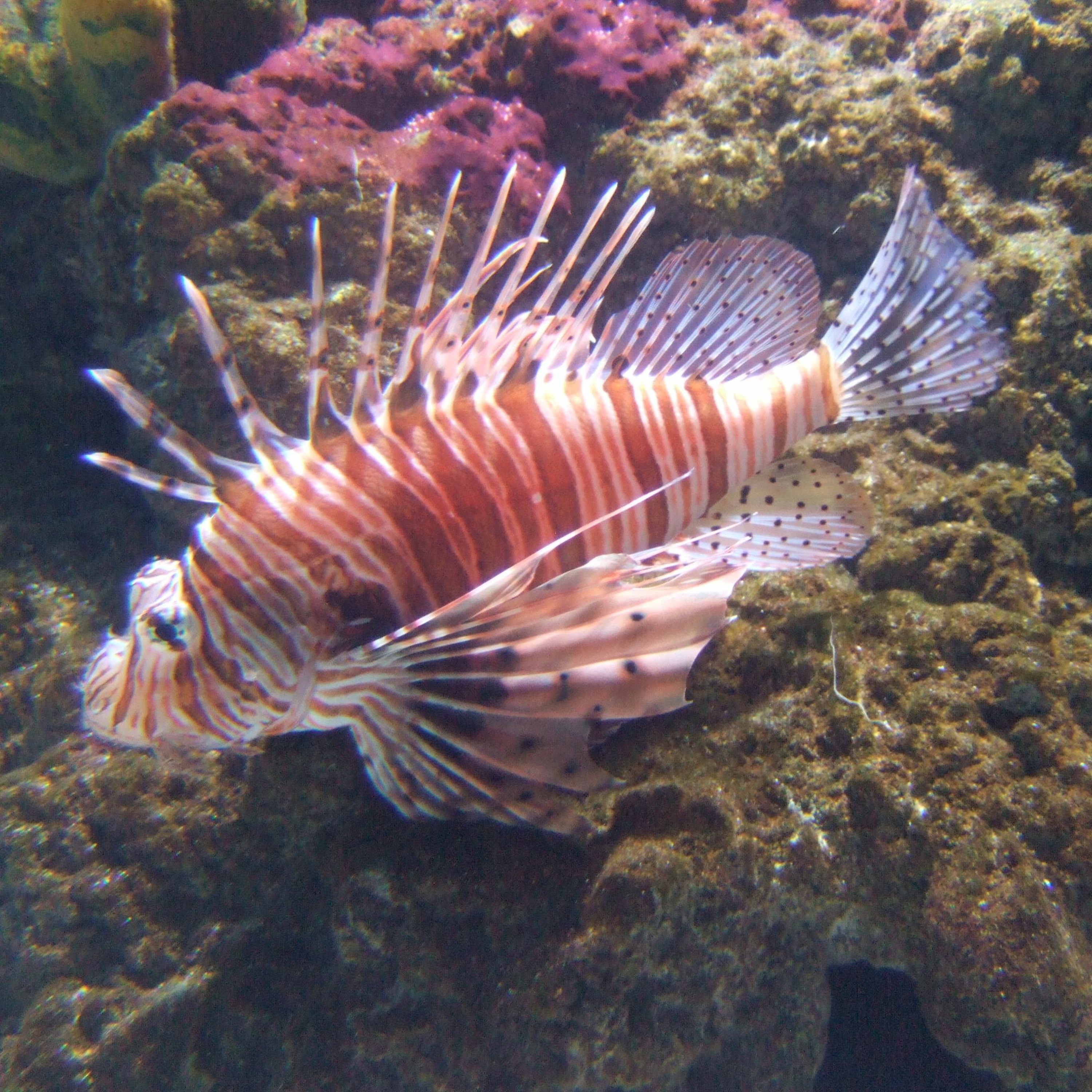 2018-06-1705 min
2018-06-1705 min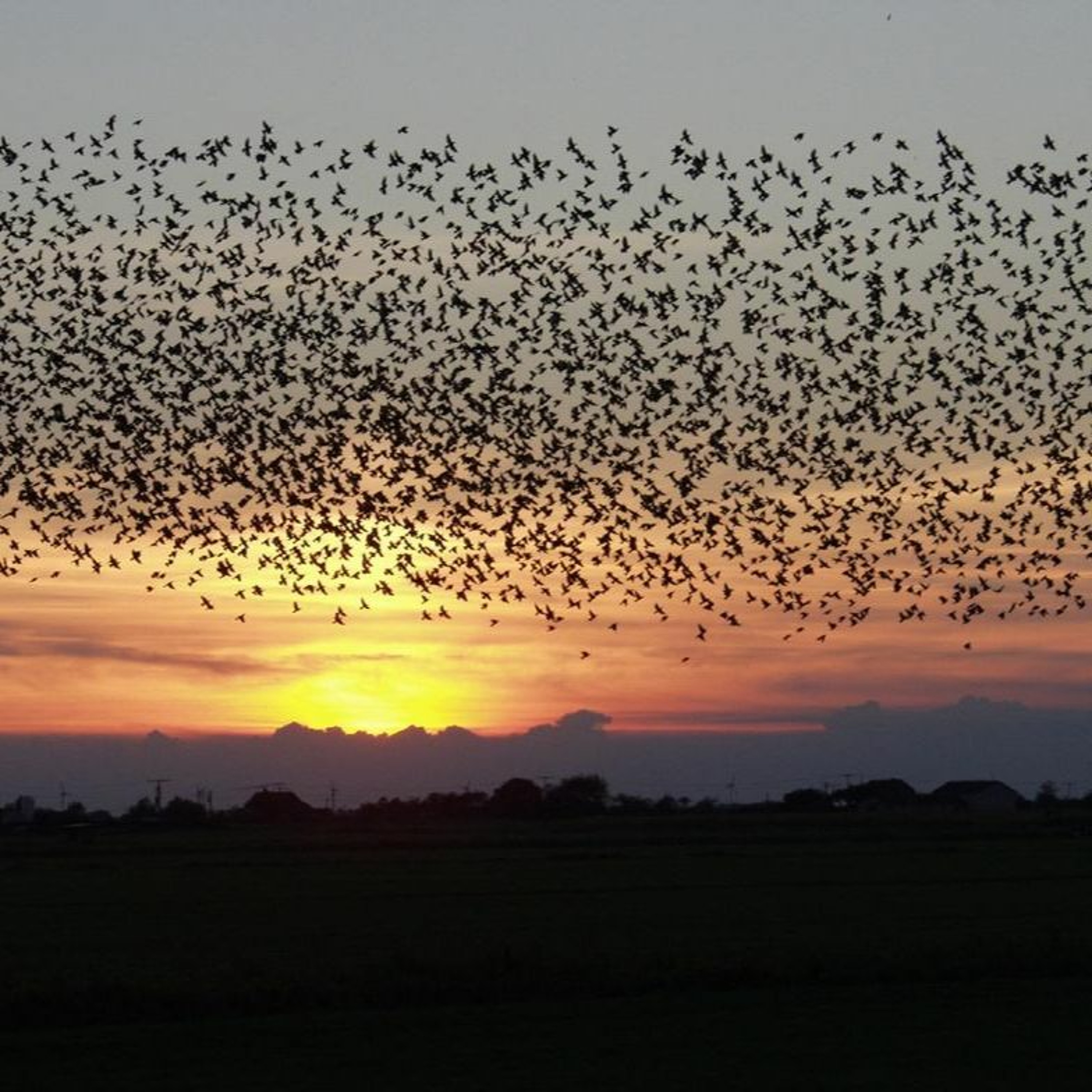
SciencelinePODCAST: How researchers track sound to spy on migrating birdsIt’s a bird! It’s a plane? No, wait, you can hear that it’s a bird. Tracking bird migration can be tricky, especially in a dark sky. But when individual species of birds talk with each other through flight calls, researchers can listen in to determine exactly what species are flying overhead. And now, researchers are developing a computer system — dubbed BirdVox — that automatically picks out and identifies the bird sounds. In this podcast, I chat with creators of BirdVox to learn how they cut through the noise and get to the birds.
2018-06-1006 min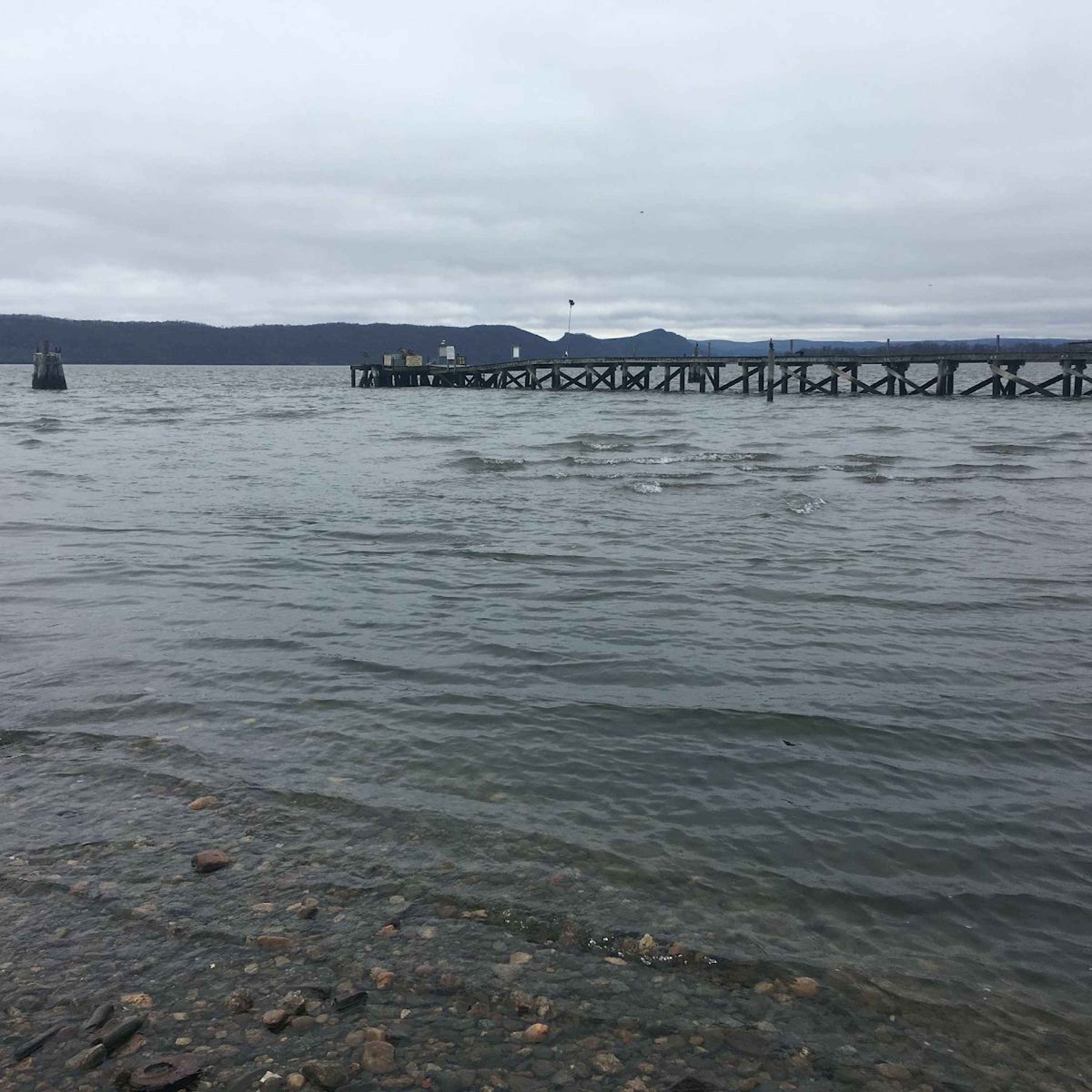
SciencelinePODCAST: The Hudson River is flowing with pharmaceutical drugsPrescription drugs seep from Manhattan into the Hudson River, where they can wreak havoc on unsuspecting fish. A recent study found drugs at several points along the river, providing one more piece of evidence in a trend found across the nation. Dan Shapley, one of the study’s authors, explains how the drugs made their way into the river, and Jim Meador, an aquatic toxicologist with the National Oceanic and Atmospheric Administration, describes the potential consequences for fish.
2018-06-0805 min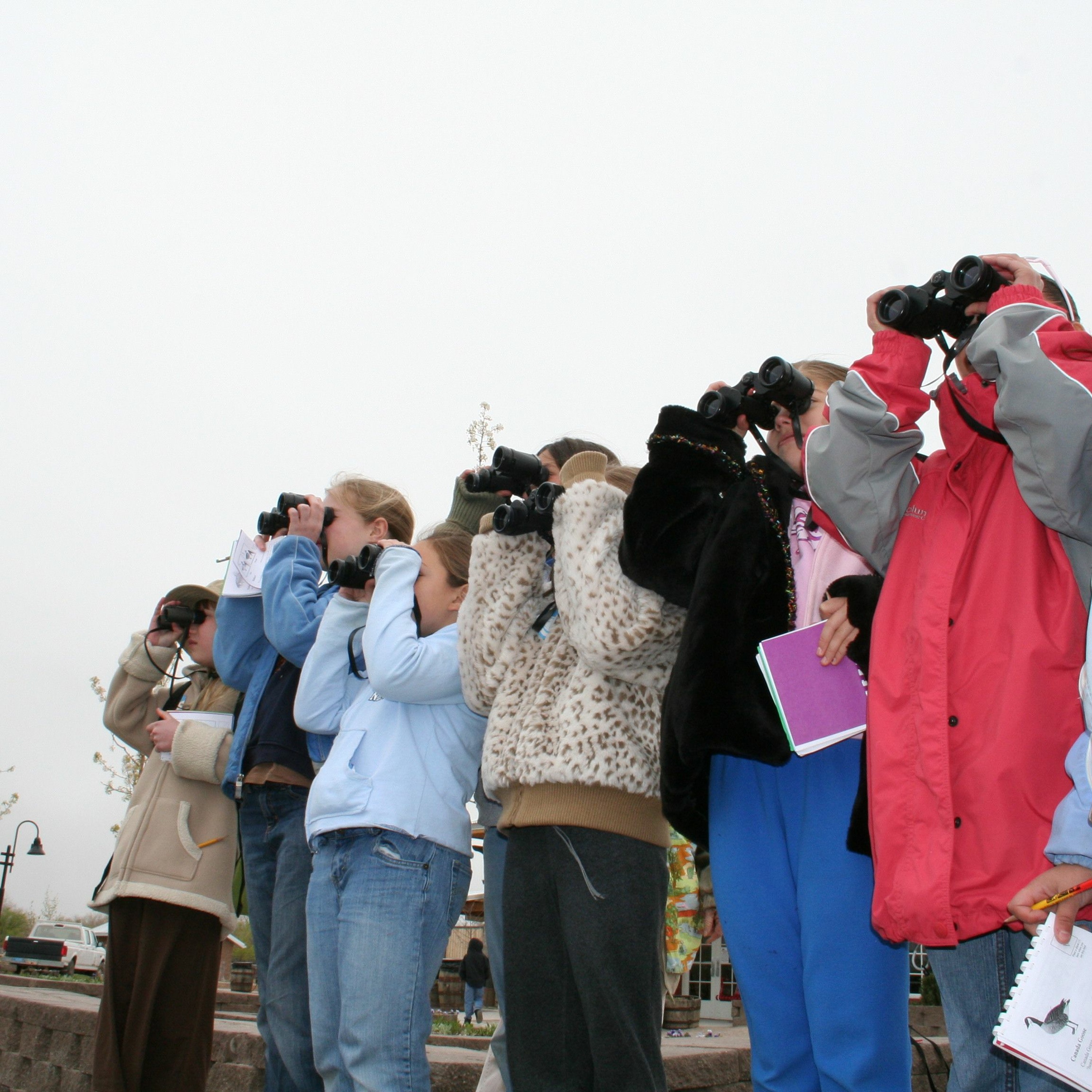
SciencelinePODCAST: Take a Tour of Central Park's Feathered Friends with Birding BobRobert DeCandido, or Birding Bob as he is known by his legions of fans, is infamous in New York’s birding community for his boisterous antics and extreme enthusiasm. Experts and novices alike flock to him (pun intended) to lead them through Central Park’s surprisingly abundant avian wildlife. In this podcast, I follow along on his tour to learn how a big city can offer great birdwatching.
2018-03-2103 min
SciencelinePODCAST: Sense of selfHumans begin as tiny clumps of cells. Somehow, we evolve into mature individuals with unique personalities. I wanted to dissect that process and discover how babies develop a sense of identity. In this podcast, I speak with Peter Gordon at Teacher’s College, Columbia University and Catherine Tamis-LeMonda at New York University to learn about the milestones that mark the development of identity. I also interview Katie Moisse and her daughter Lou to watch the process unfold.
2018-03-1005 min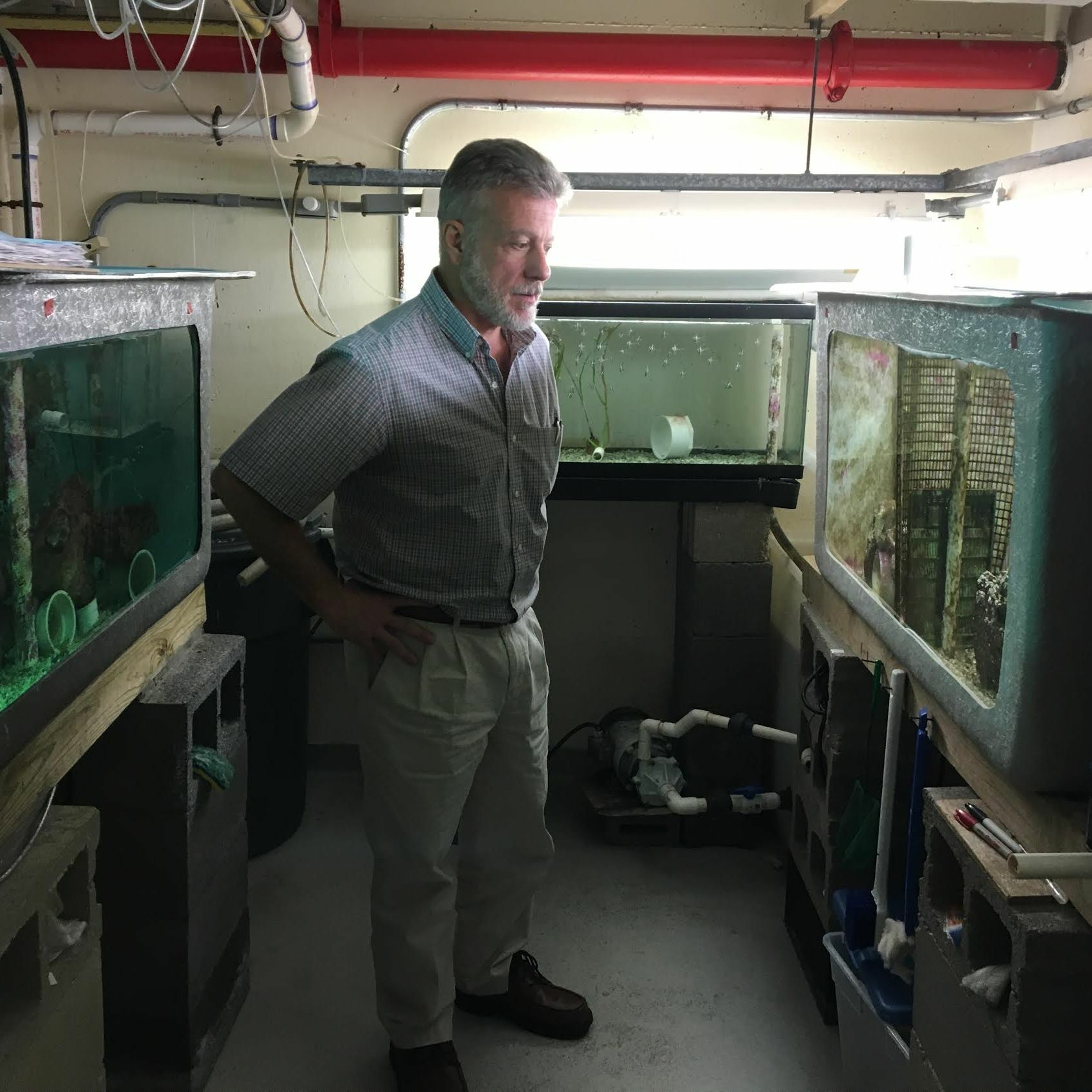
SciencelinePODCAST: One man's quest to save a rare reef fishAlex Vagelli is the no-nonsense director of science and conservation at the Center for Aquatic Sciences — a research center at Adventure Aquarium in Camden, New Jersey. In 1995, the aquarium received a shipment of Banggai cardinalfish, which is a peculiar reef fish from Indonesia. Vagelli found himself traveling to and from Indonesia for the next 20 years, studying this fish and documenting its precipitous decline. He became invested in its protection. But so far, conservation efforts have proven elusive — a familiar story when a stubborn, determined scientist confronts the political motivations of international regulation.
2018-02-2307 min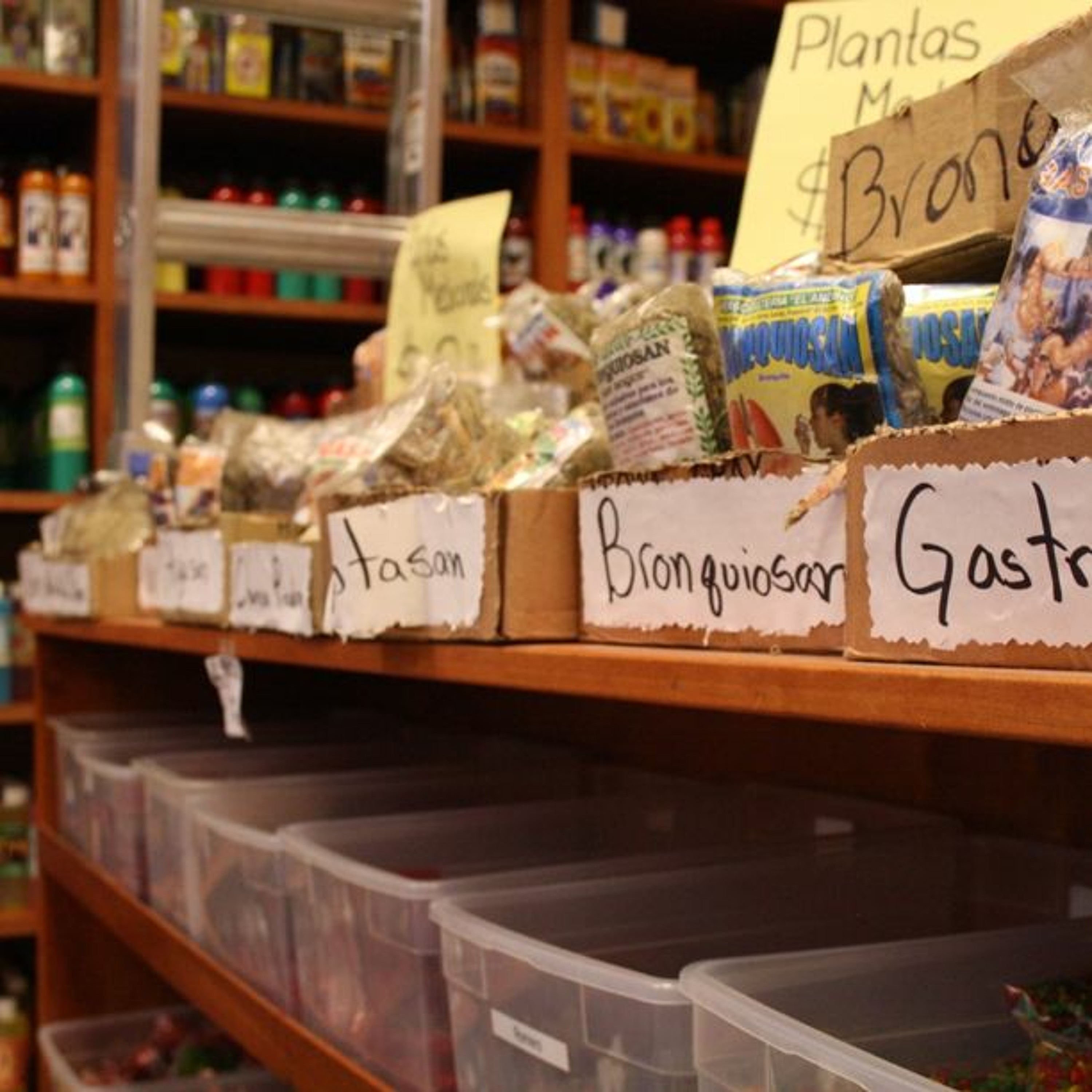
SciencelinePODCAST: In herbs we trustAfter spending years in the biodiverse jungles of Bolivia and tropical islands of the Caribbean, Ina Vandebroek came to New York City to study plants. To find them, she didn’t visit the parks or upstate forests. She went to the Bronx. More specifically, she went to botánicas, suppliers of amulets, candles, religious articles and hundreds of fresh and dried plants. There, Ina discovered a whole community of immigrants and Latinos who rely on these stores as an alternative health care system. An immigrant herself, she also found a home there.
2017-12-0705 min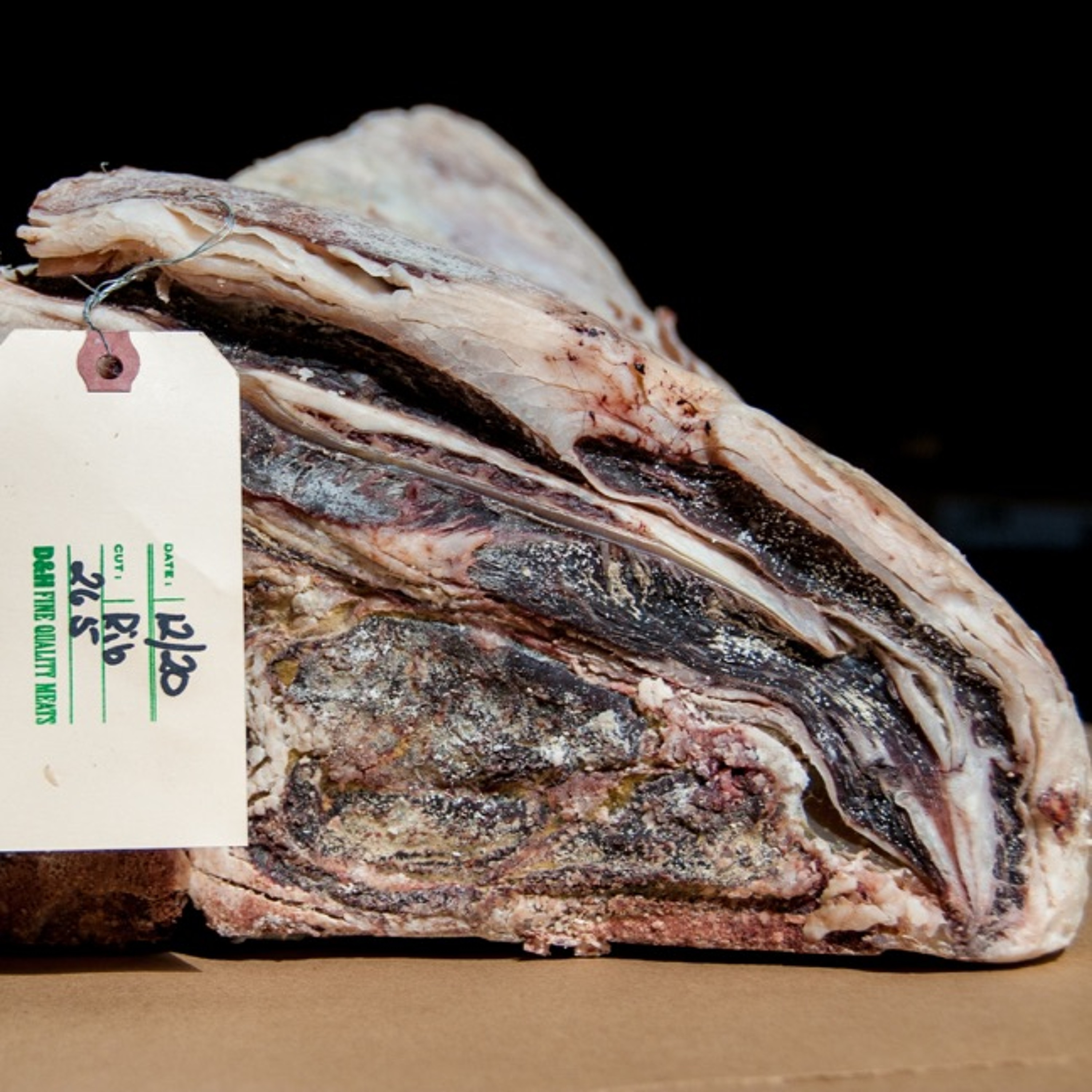
SciencelinePODCAST: Old BeefYour steak might not be as fresh as you think. But that’s not a bad thing. Aging is actually an important step in the meat-making process. Dry-aged steak is perhaps the most commonly aged meat among carnivorous connoisseurs, with a distinct musky flavor and tenderness that only months of patience bring. But actually, a lot of the meat we eat is aged to some extent. Even game birds, lamb, pork and fish sometimes get the treatment. In this podcast, I talk to Jason Yang, head butcher at Fleisher’s Craft Butchery, and Paul Whitman, co-owner and manager at Fischer Bros...
2017-11-0106 min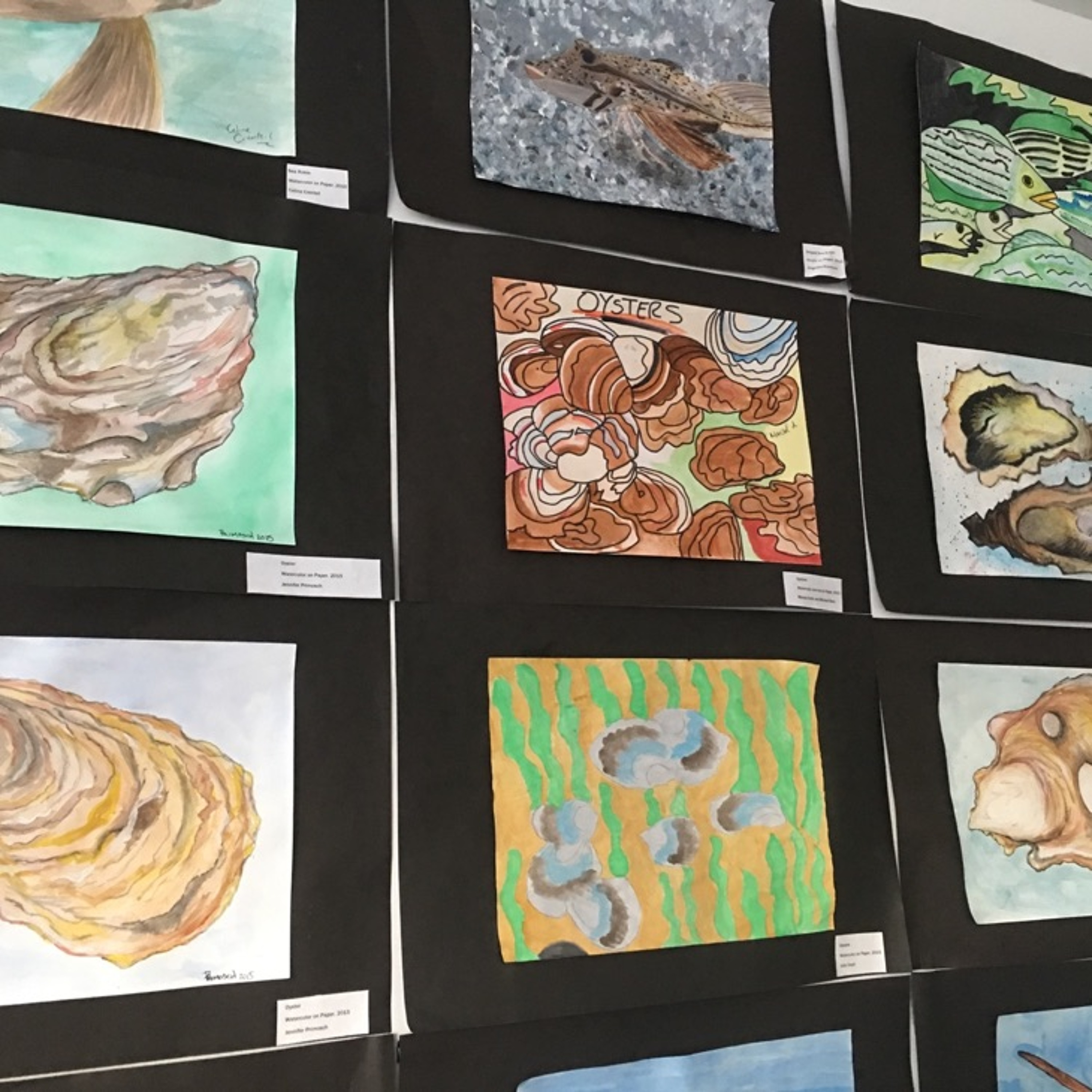
SciencelinePODCAST: Bring oysters back into NYC’s watersNew York City used to be the Big Oyster before it was the Big Apple. But pollution and overharvesting drove oysters to extinction in this area. Now high school students and community volunteers are bringing these bivalves back into the city's waters. They believe that by helping oysters they can also help New Yorkers to develop a closer relationship with nature. Scienceline's Cici Zhang reports.
2017-09-2706 min
SciencelineAtomic TownThe audio story Atomic Town allows listeners to wind their way though the inland American West, stopping along the way in towns that have been shaped by the atomic era. It focuces on Scienceline reporter Eleanor Cummins’s hometown, Richland, Washington, and the local high school’s nuclear mascot.
2017-08-0104 min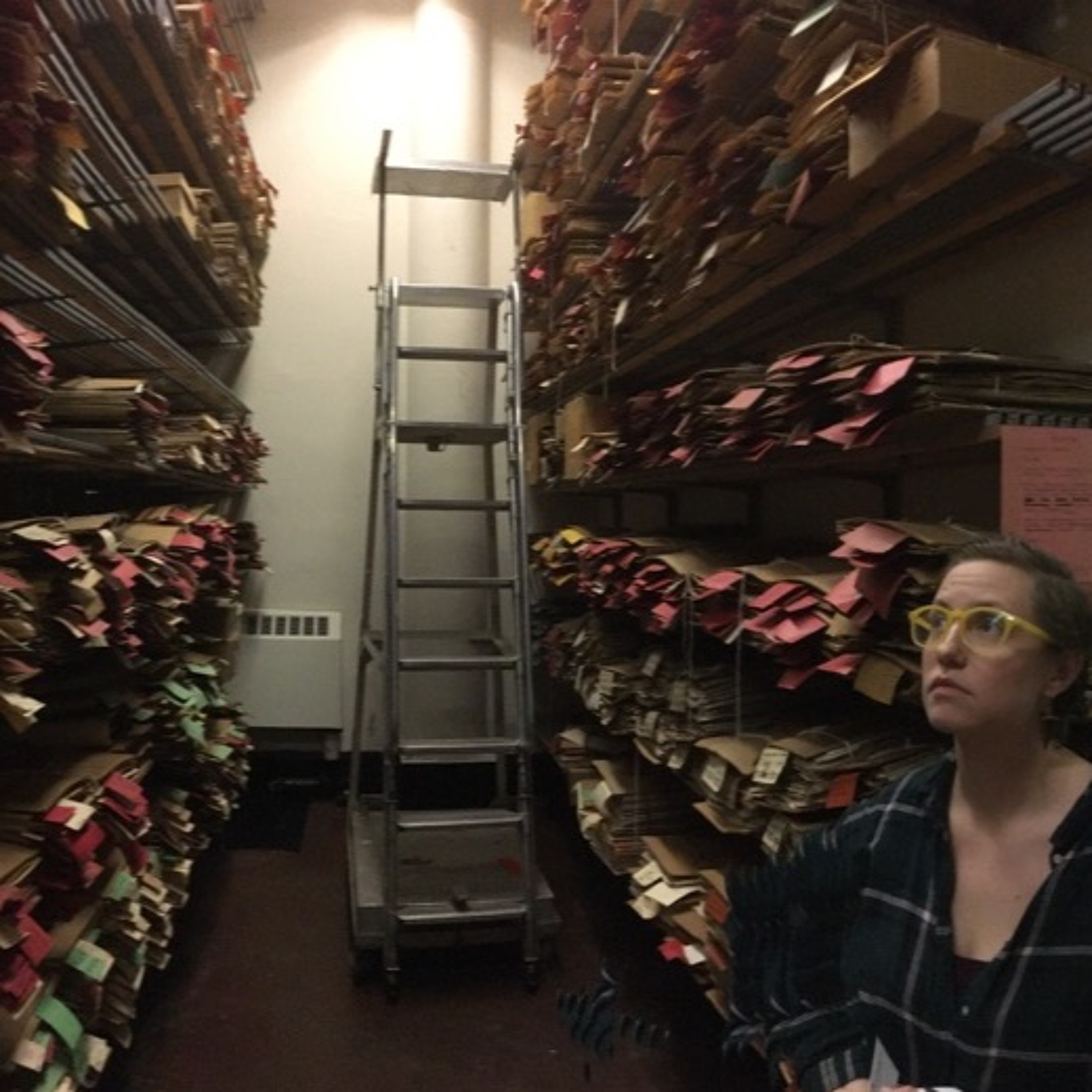
SciencelineKeeping up with the collectionsUniversities and museums are stores of human knowledge, but not just in a metaphorical sense. Millions of plants, animals, and minerals fill cabinets in collections across the world. But collecting specimens is easy compared to cataloging them. Harrison Tasoff went to learn how institutions are addressing a growing backlog of samples.
2017-07-0205 min
SciencelinePODCAST: The harp doctor is inYou can tune a harp, and then you can regulate a harp. The latter is a more intricate and precise tuning. If that’s what you need, Rachael Galbraith can help you. Galbraith is a certified harp technician, making her one of a small cohort of professionals trained to execute the miniscule adjustments needed to regulate a harp. Scienceline’s Leslie Nemo joined Galbraith for one of her appointments and learned a thing or two about the mechanical side of the musical instrument.
2017-05-1606 min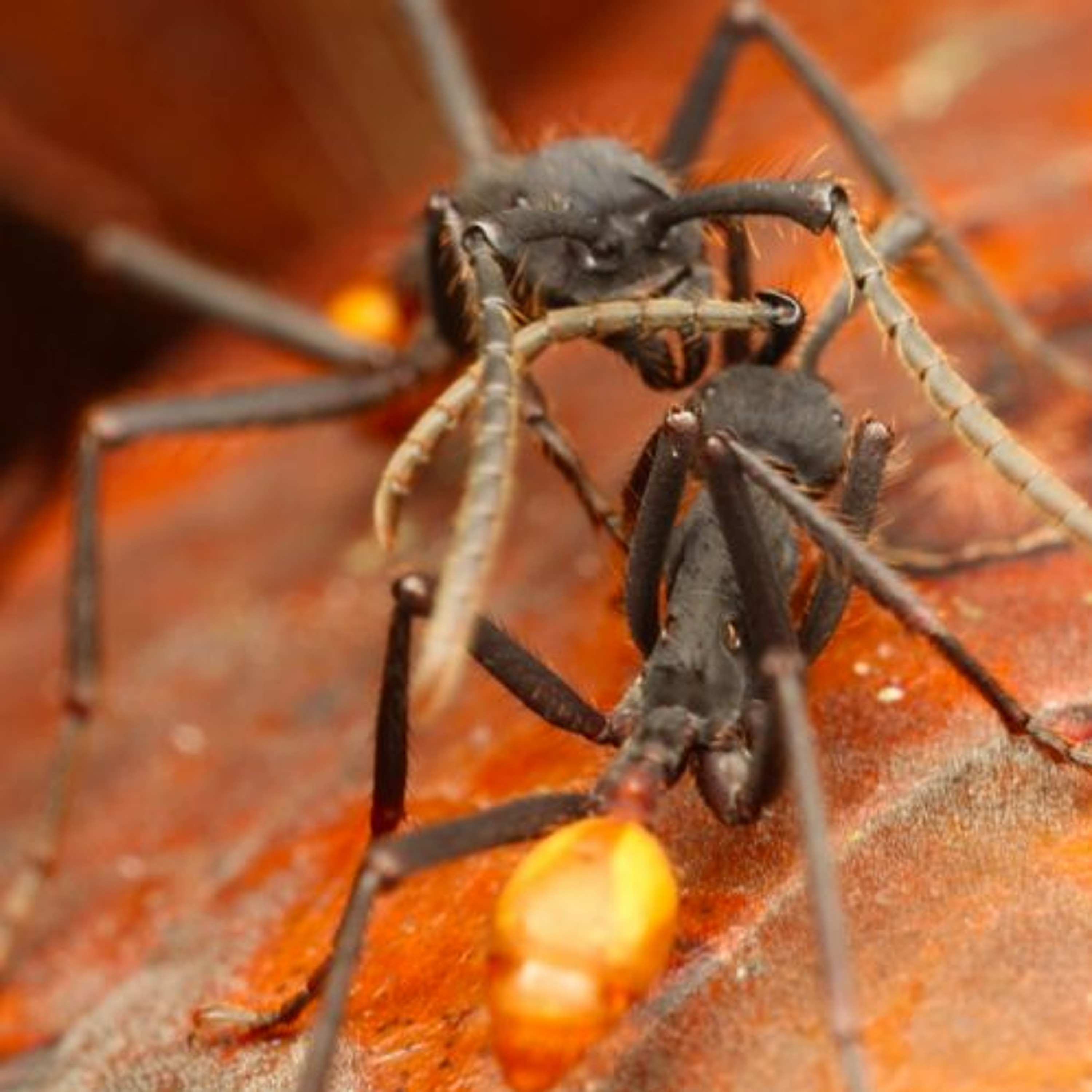
SciencelinePODCAST: Sensing the teamScientists pinpoint how chemicals drive social behavior in ants
Ants are incredibly social animals. Thousands of ants scuttle around the colony, working together to accomplish all kinds of complicated tasks. Scientists have investigated the evolution of social behavior, revealing where and how sociability is built into an ant’s DNA. In this podcast, I speak with biologist Daniel Kronauer at Rockafeller University and James Traniello at Boston University to explore why ants are social butterflies.
Produced by Abigail Fagan
2017-05-0804 min
SciencelineYour virtual butler is coming. You know, eventually.If you’re anything like me, you can’t wait until the sci-fi dream of having an android do all of your busywork becomes reality. In the movies, robots walk around just like people, but the robots we have in real life pale in comparison. I set out to learn how far away we are from getting advanced, sentient machines. I spoke to Jizhong Xiao, who heads the robotics program at the City College of New York about the robots he’s developed, what makes them different from the androids of Star Wars, and what it would take to reach that n...
2017-05-0806 min
SciencelinePODCAST: New wind turbines are for the birdsEngineers place more powerful wind turbines further apart, but still can’t save the birds
Wind turbines in the Altamont Pass in California have killed thousands of Golden Eagles, and even more songbirds. But we’ve come a long way since they were first installed. In this podcast, I speak to wildlife biologist Todd Katzner, bird conservationist Michael Hutchins and wind energy researcher Robert Preus about how wind technology is improving, and how it might affect birds.
Produced by Ellen Airhart
2016-12-0709 min
Scienceline| para | A new idealParalympic wheelchair basketball players set their own standards of performance
Produced by Peter Hess and Sandy Ong
2016-09-0607 min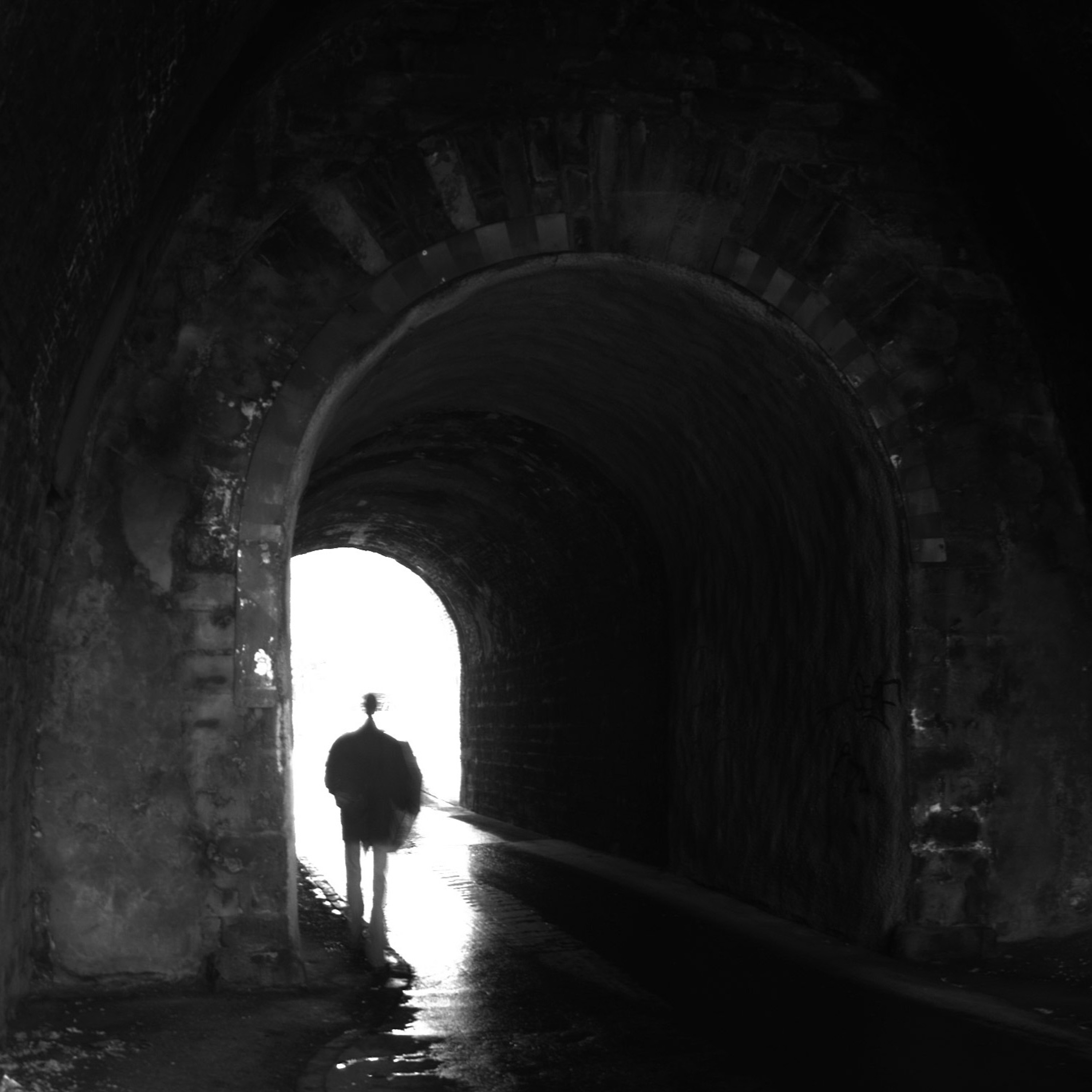
SciencelinePODCAST: Near-death experiencesScienceline examines the state of being between life and death
Near-death experiences are intriguing, and also more common than you might think — as many as 1 in every 20 people have found themselves in limbo between life and death. Who has these experiences? What happens during such an event? And what happens after? Here, we talk to experts and people who have been to the other side and back.
Produced by Sandy Ong
[Image source: Jesse Krauß | Public domain]
2016-04-1214 min
SciencelinePODCAST: Worldbuilding pilotFinding the science hidden in fantasy novels
Produced by Dyani Sabin
Despite the magical trappings of fantasy, a well-designed world holds at least a smidgen of reality. In order to get at the science that underlies resurrection in Nnedi Okorafor's futuristic fantasy "The Book of Phoenix," this podcast talks to Ramin Rahni, a pHD candidate studying plant regeneration at New York University's Birnbaum Laboratory.
This podcast pilot is currently stand-alone.
While resurrection is still a fantasy, many of the ideas explored in fantasy worlds are quite scientific. [Image Credit: Mysticartdesign, CC0]
2016-04-0511 min
SciencelinePODCAST: Treating insomnia without medicationScienceline explores non-pharmaceutical ways for insomnia sufferers to get a better night sleep
This podcast pilot will reviews various sleep-help methods for folks suffering from insomniacs. While many insomnia sufferers resort to drugs, intentioned changes to behavior or listening to music while trying to fall asleep might help, too. I talk to Austin Frakt, an insomnia sufferer and blogger for The Incidental Economist, Kira Vibe Jespersen at Aarhus University in Denmark, and John Watson who runs the Sleep Radio service in New Zealand. Sleep easy!
Produced by Ryan F. Mandelbaum
[Image Credit: Wellcome Library, London | CC BY 4.0]
2016-03-1508 min
SciencelinePODCAST: Talent Show!Scientists and other talented guests show off and explain their talents.
This is talent show, where you show off your talent and I reveal your secret! This pilot will showcase relative and absolute pitch, and how people develop or acquire those talents.
Image: Public domain
2016-03-0910 min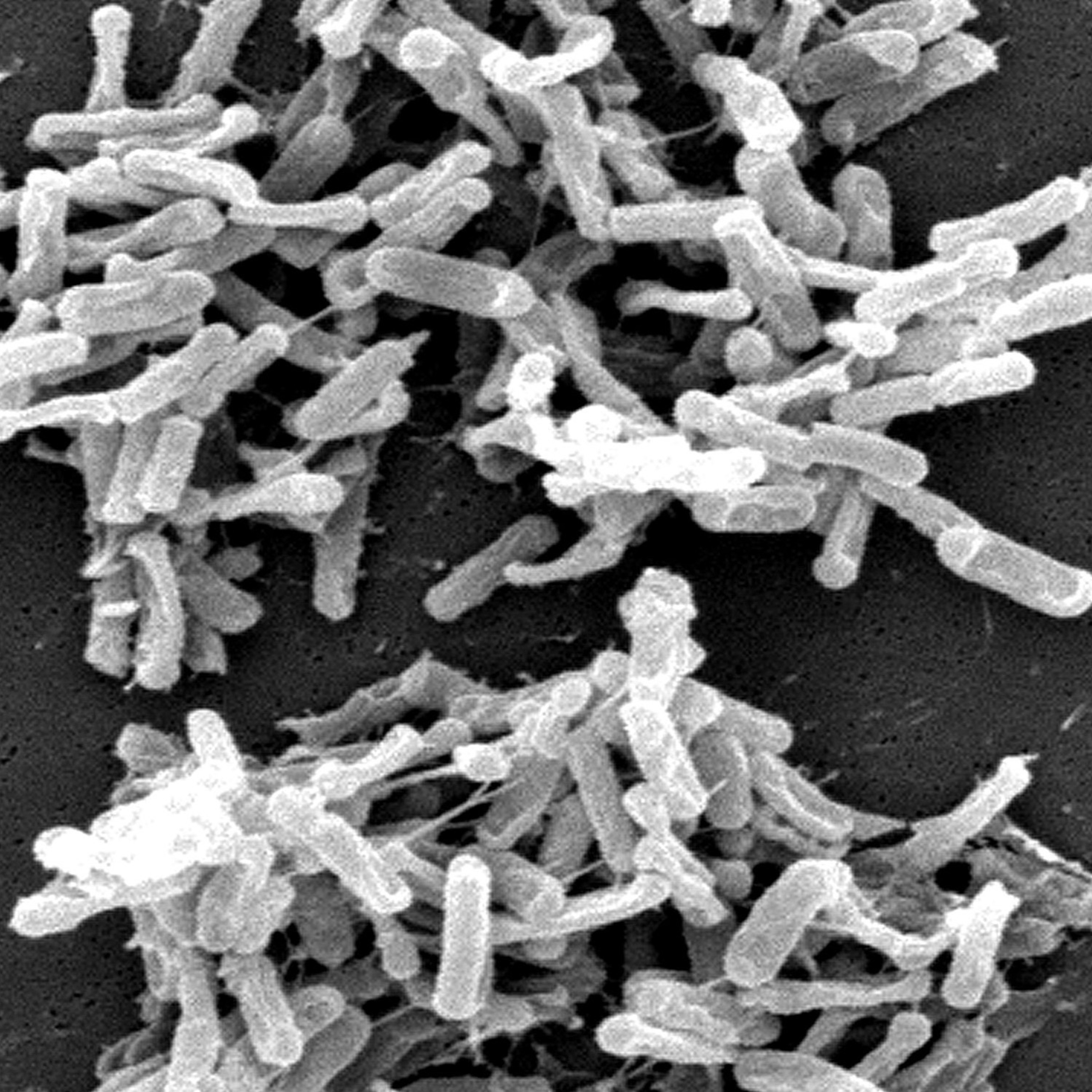
SciencelinePODCAST: Neediness, episode 1Your microbiome functions without you even knowing it’s there. Science writer Carl Zimmer and pathologist Zhiheng Pei help explain how we rely on bacteria and viruses to keep us healthy, and what can go wrong when that relationship breaks down.
Produced by Peter Hess
Image credit: CDC/ Lois S. Wiggs (PHIL #6260), 2004
2016-02-2908 min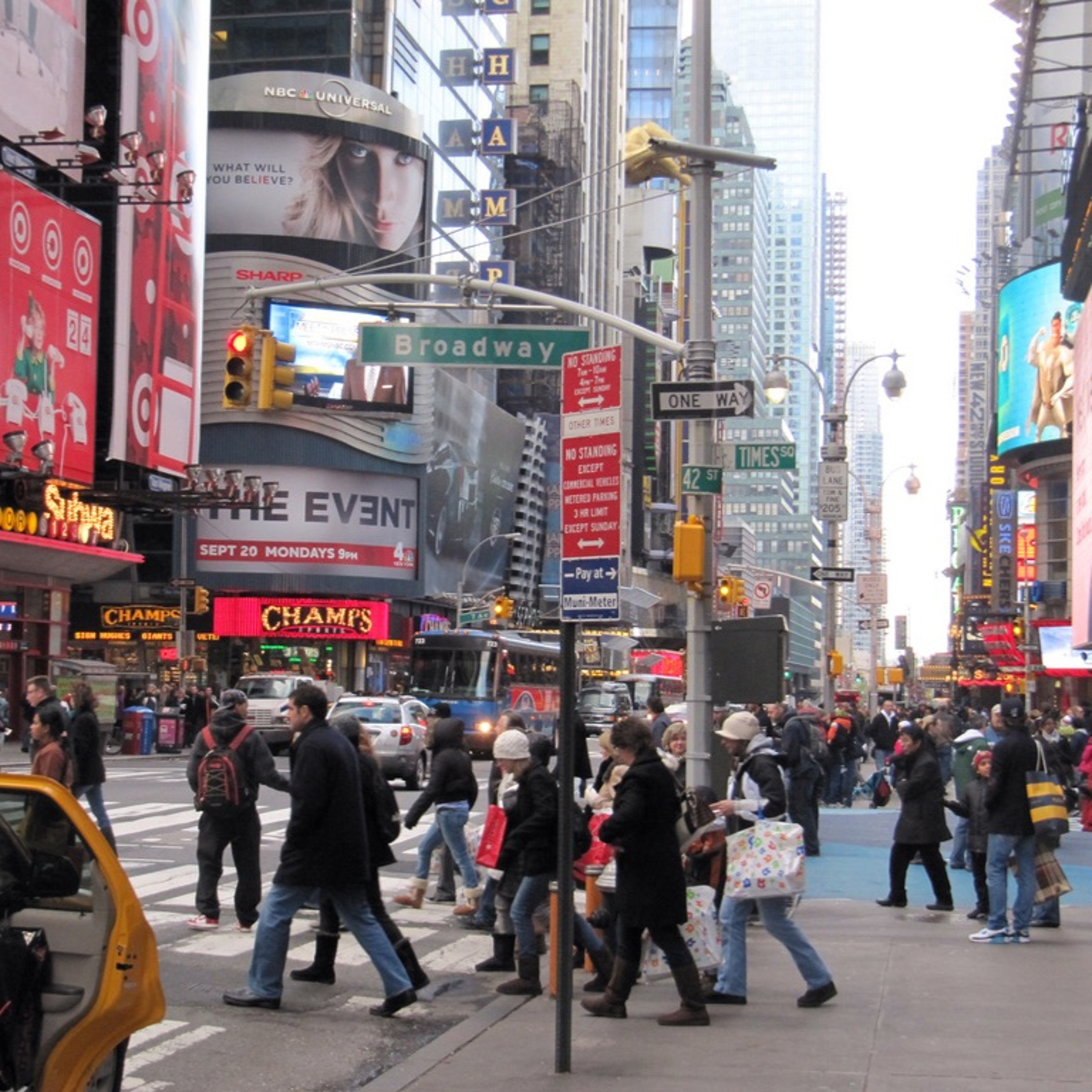
SciencelinePODCAST: Decrypting You on the streets of New York CityIf you get angry while walking in crowds, you’re not alone
Whether on the sidewalk, at the mall or in the grocery store, we’ve all been there. Someone in front of you is walking slower than you want to be walking, and the rage bubbles up as you’re thwarted in your attempts to pass them. Maybe you keep a lid on your frustration, but it’s there. Decrypting You takes a look at sidewalk rage and its close cousin road rage to find out where that anger comes from.
Produced by Ellie Kincaid
[Image Credit: Gary McCabe | CC BY-SA
2016-02-2307 min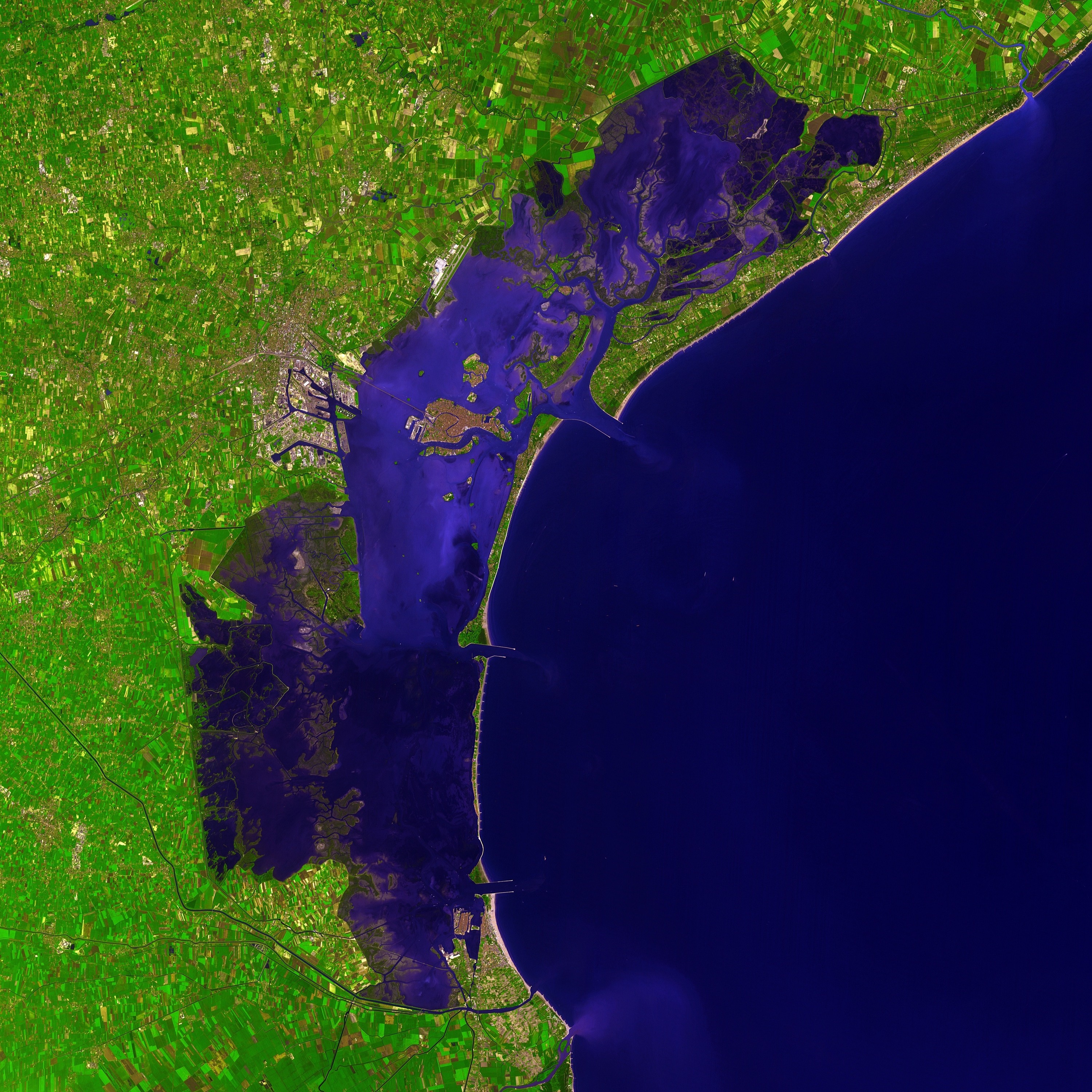
SciencelinePODCAST: A Sense of Place digs into the Venetian lagoonHow water and forest combined to build a city
We all have places we love, but we don't often stop to think about what makes these places special. A Sense of Place is all about exploring how a place's surroundings shape its history and culture. In this episode, we visit Venice--the sinking city of canals.
[Image credit: NASA/GSFC/MITI/ERSDAC/JAROS, and U.S./Japan ASTER Science Team [Public domain], via Wikimedia Commons]
2016-02-0911 minSciencelinePodcast: Potato Potato, episode 1This is Potato Potato. Each episode we'll invite a mystery guest to tell us a story. Then we’ll have a linguist try to guess where our storyteller comes from. And maybe along the way we’ll learn something about the English language.
In this episode: Nisse Greenberg shares a memorable accident and linguist Dan Duncan guesses.
2016-02-0818 min
SciencelinePodcast: Life Hack Almanac on chicken soupWe’ve all heard household and health tips from our moms, grandmothers and know-it-all friends. But what makes a tip a life hack or just quack? In this episode of the Life Hack Almanac we’ll explore whether a famous cold remedy – chicken soup – actually works or if it's just all in your head. Produced by Knvul Sheikh for Scienceline podcasts.
2016-01-0408 min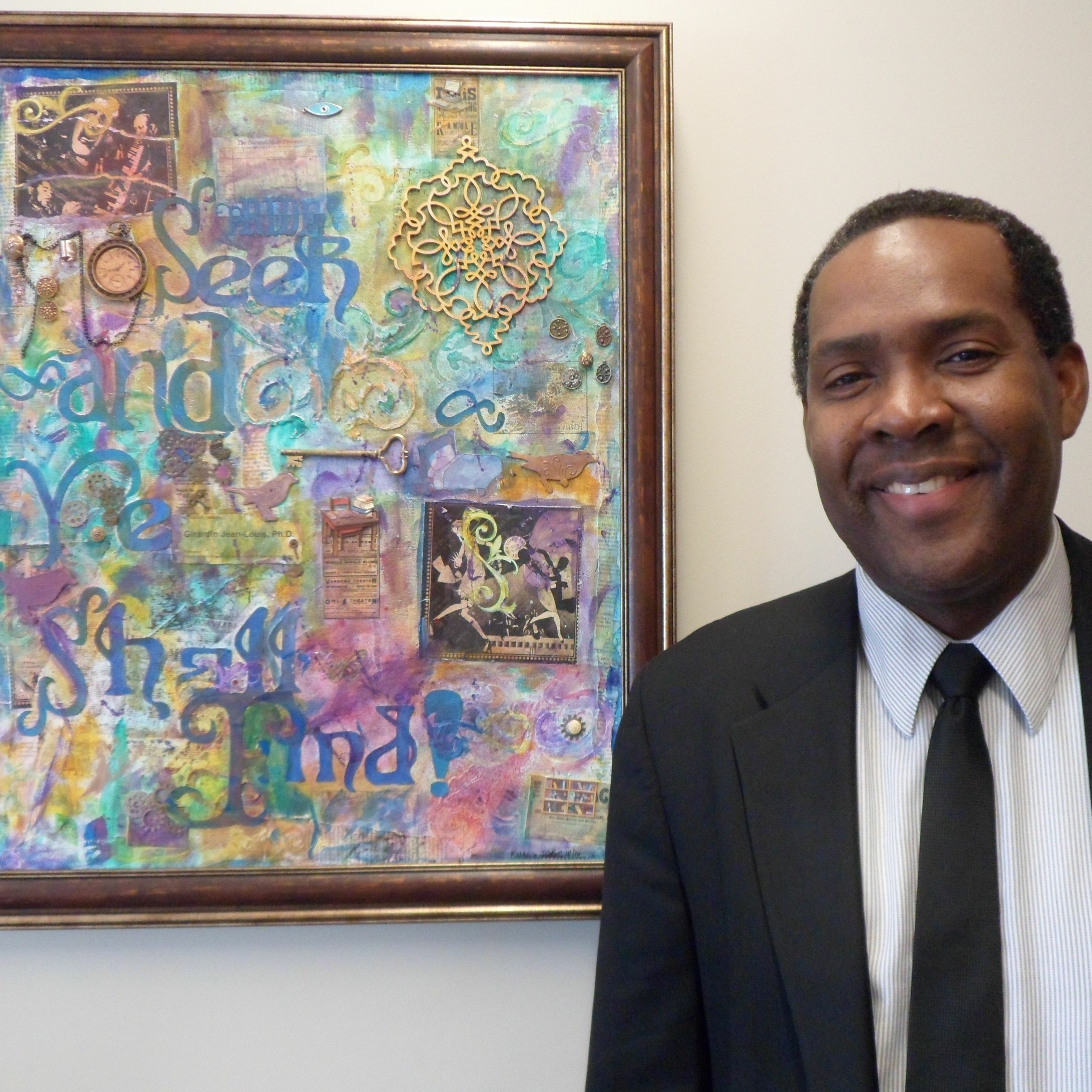
SciencelineInterview with Girardin Jean-Louis, PhDAn interview with Girardin Jean-Louis, a behavioral sleep scientist at NYU, produced by Katherine Ellen Foley. Image credit: Lauren J. Young.
2015-09-1604 minSciencelineAn Interview With Nelson Dellis on MemoryNelson Dellis wears many hats. He’s a software developer, mountaineer and runs a charity that raises money for Alzheimer’s research. But most famously, he’s a memory athlete: He’s won the USA Memory Championships four times, and routinely places in the top 10 at the world competition. Katherine Foley sat down with him to learn more about how he got into the memory business, and what techniques he uses to stay sharp.
2015-05-1105 minSciencelineMental Feats: The 2015 USA Memory ChampionshipsFor 18 years now, the USA Memory Championships have challenged competitors — “mental athletes” — to stretch the limits of their minds to memorize and recall names and faces, random digits and words and decks of cards. Each year, competitors break each others’ previous records, and the competitive air is almost palpable. But what’s at stake in memory competitions anyway? Who goes to them, and why? Katherine Foley reports.
2015-05-1107 minSciencelineSwamp Sparrow SongThese audio files feature a male swamp sparrow’s trill, which consists of the same syllable rapidly repeated over and over again. The first file is the trill at normal speed, and the second file is the trill slowed down 5x. Each syllable in the trill contains the same sequence of three notes: a short initial note that drops rapidly in pitch, a flat middle note and a long final note with a slower fall in pitch. In this study, the researchers specifically looked at the initial and final notes, swapping out short notes for long notes in the initial po...
2015-01-1400 minSciencelineSwamp Sparrow Song — Slowed Down 5xThese audio files feature a male swamp sparrow’s trill, which consists of the same syllable rapidly repeated over and over again. The first file is the trill at normal speed, and the second file is the trill slowed down 5x. Each syllable in the trill contains the same sequence of three notes: a short initial note that drops rapidly in pitch, a flat middle note and a long final note with a slower fall in pitch. In this study, the researchers specifically looked at the initial and final notes, swapping out short notes for long notes in the initial po...
2015-01-1400 minSciencelineThe modern days of internet fameMost media is now hosted online. So how does that change the process of gaining fame and staying famous?
By Rebecca Cudmore and Amy Lu
2014-06-0916 minSciencelineWhat's the deal with jet lag?Anyone who travels knows that feeling — the disorienting, sleepy-awake feeling, like you've been hit by a bus. It's jet lag. But why do we get it, and what can we do to offset it? Kathryn Free speaks to a researcher who may have the answer, and a pilot who fills us in on how people in his profession fight jet lag.
2014-05-1612 minSciencelineWhy so serious?Since Freud, psychologists and other social scientists have endlessly pondered over why humans laugh, and what exactly causes us to perceive certain situations and actions as "humorous”. In a special episode for WNYU’s The Doppler Effect program, Becca Cudmore and Neel Patel find out from scientists and humor professionals what makes something worthy of laughs.
Listeners will hear insights from Rod Martin, a psychology professor at the University of Western Ontario; David Zomer, a former humor researcher at Hunter College in New York City; Bob Mankoff, the cartoon editor for The New Yorker; and Ryan Hansinger, a comic based in L...
2014-04-3029 minSciencelineLend me your earsIf you were a band geek, an orch dork or a member of the choir cult, you may have heard about “perfect pitch.” The people who have it are sometimes seen as exemplary musicians who will go on to study music in college, get a job as a professional musician and blow the classical scene away. Unfortunately, it’s not something that people can learn whenever they want. If you’re more than 10 years old, you either already have it or will never have it.
Even though there’s a hoopla about perfect pitch, we know very little about how it works o...
2012-10-1708 minSciencelineIt's a bird, it's a plane, it's... an earthquake?It's a bird, it's a plane, it's... an earthquake? by
2011-09-1406 minSciencelineRepeat after meChances are you've chanted before. Whether you were in the streets protesting, at church praising, or just in your living room rooting for your favorite team, there's something about chanting that we just can't resist. But what is it? And what makes one chant better than another?
2011-06-0107 min